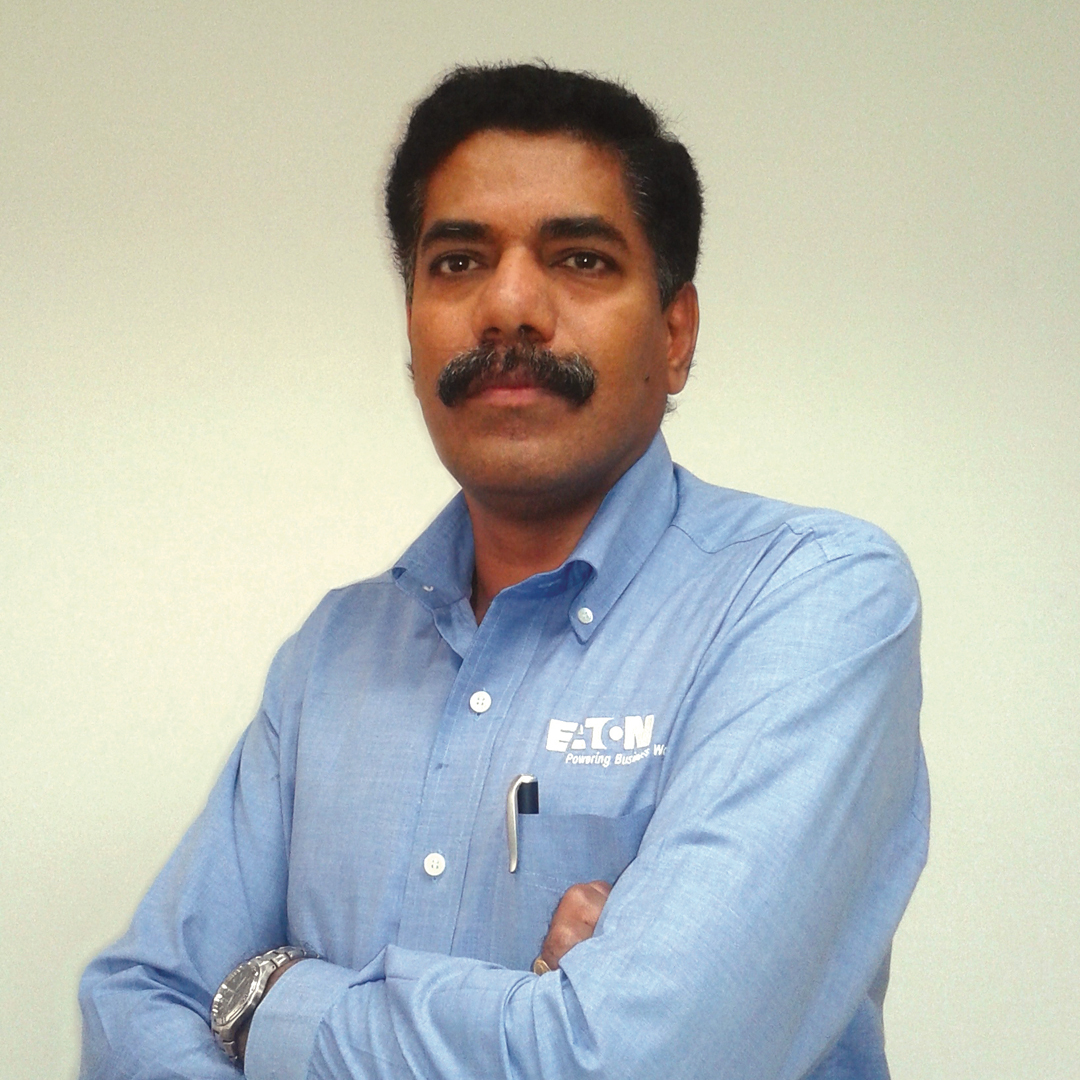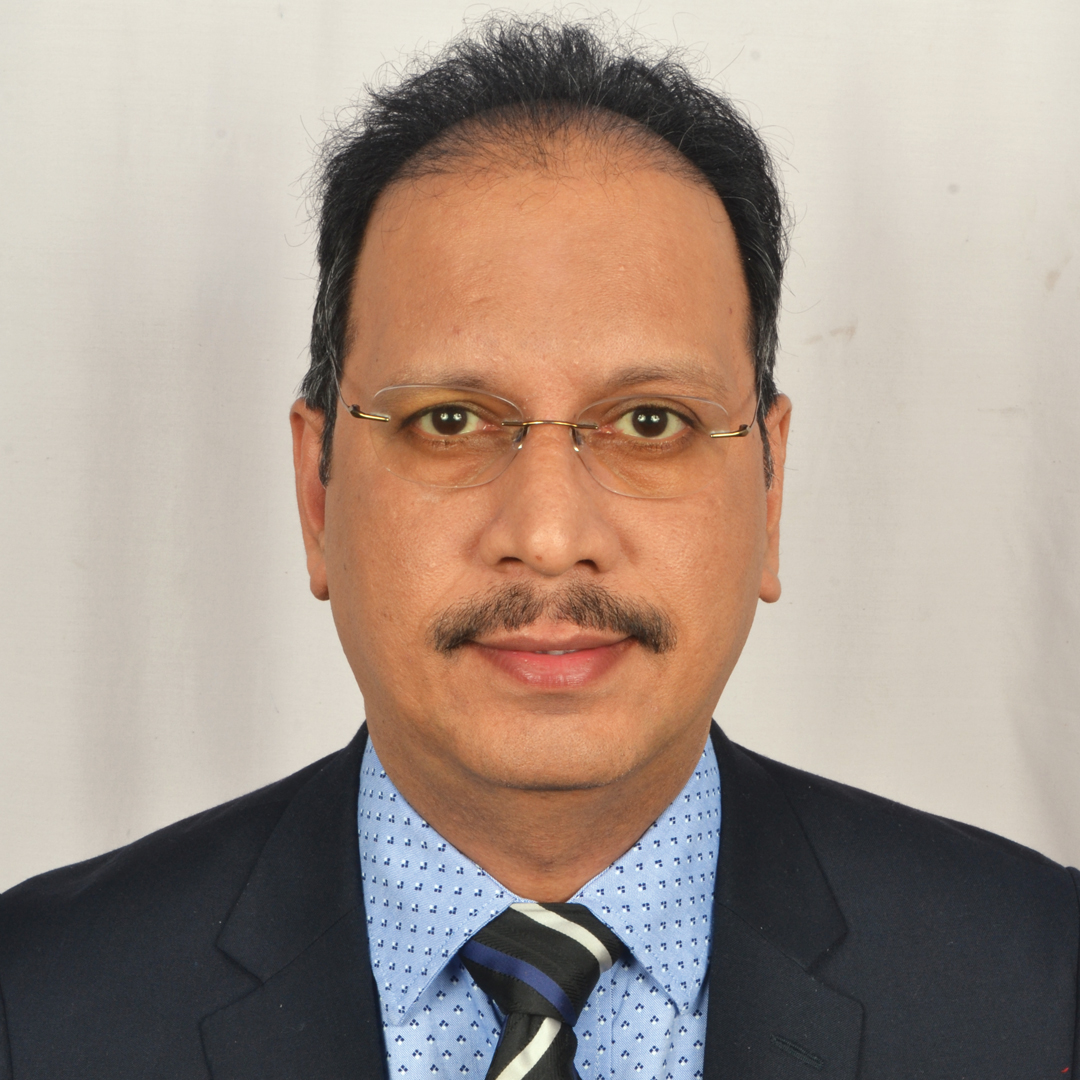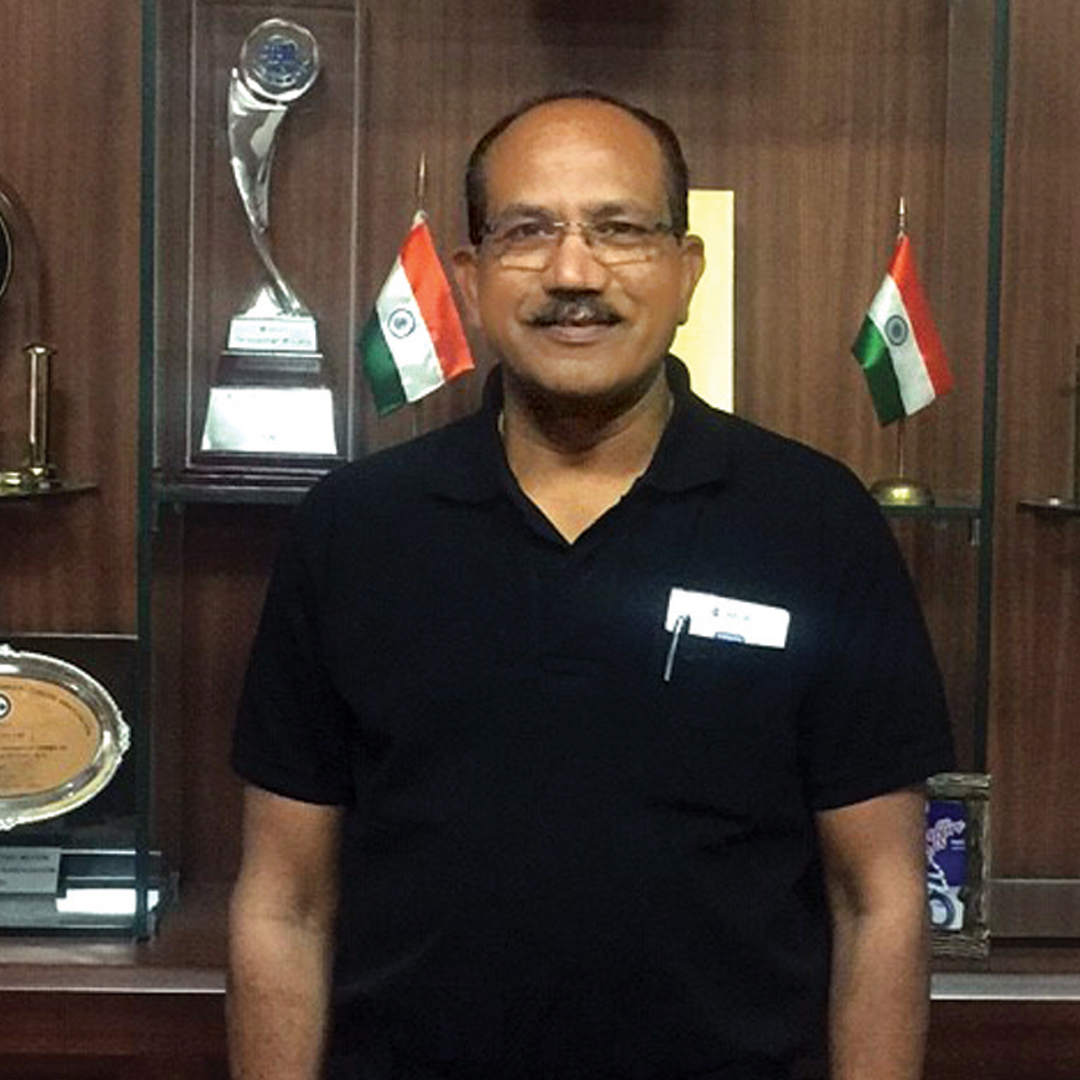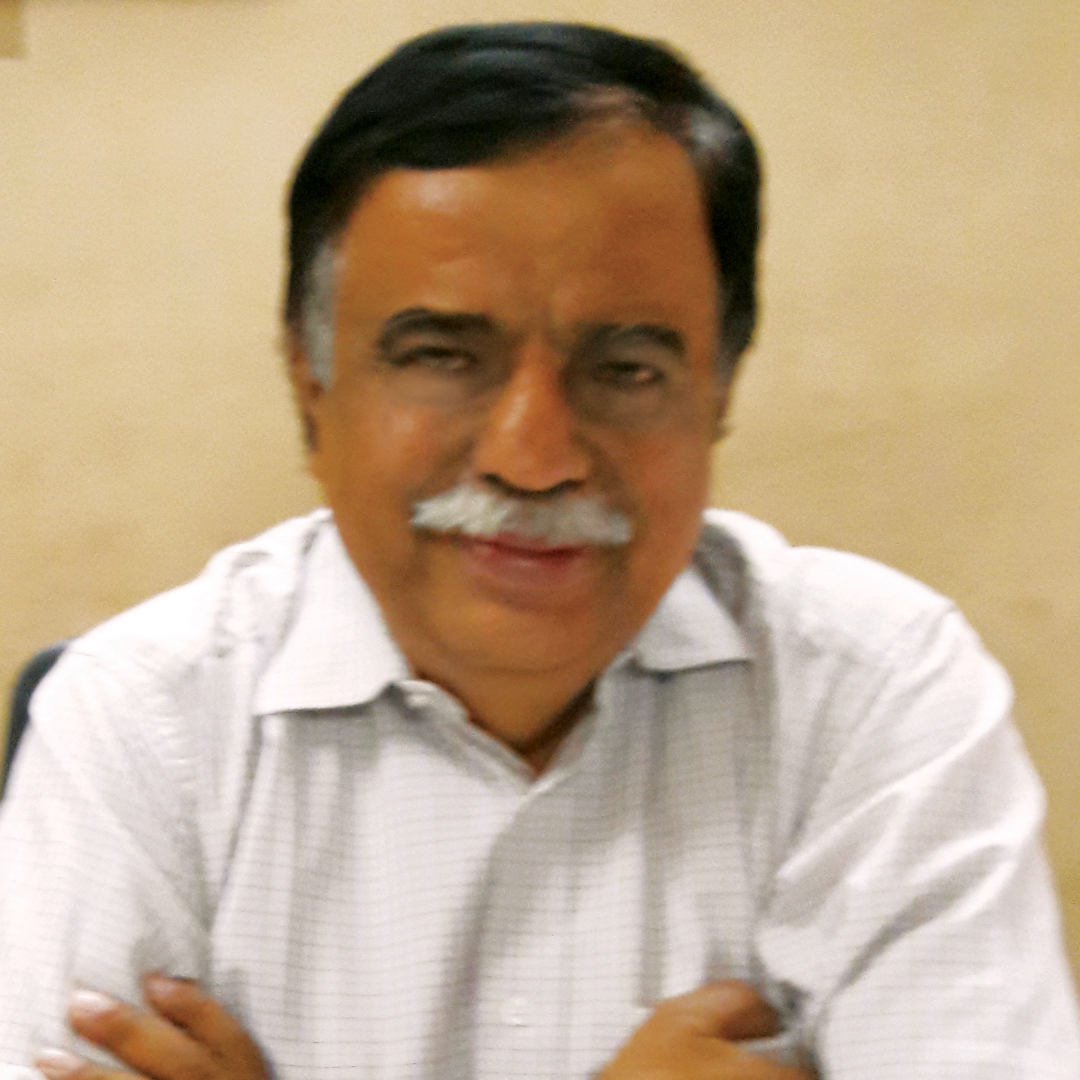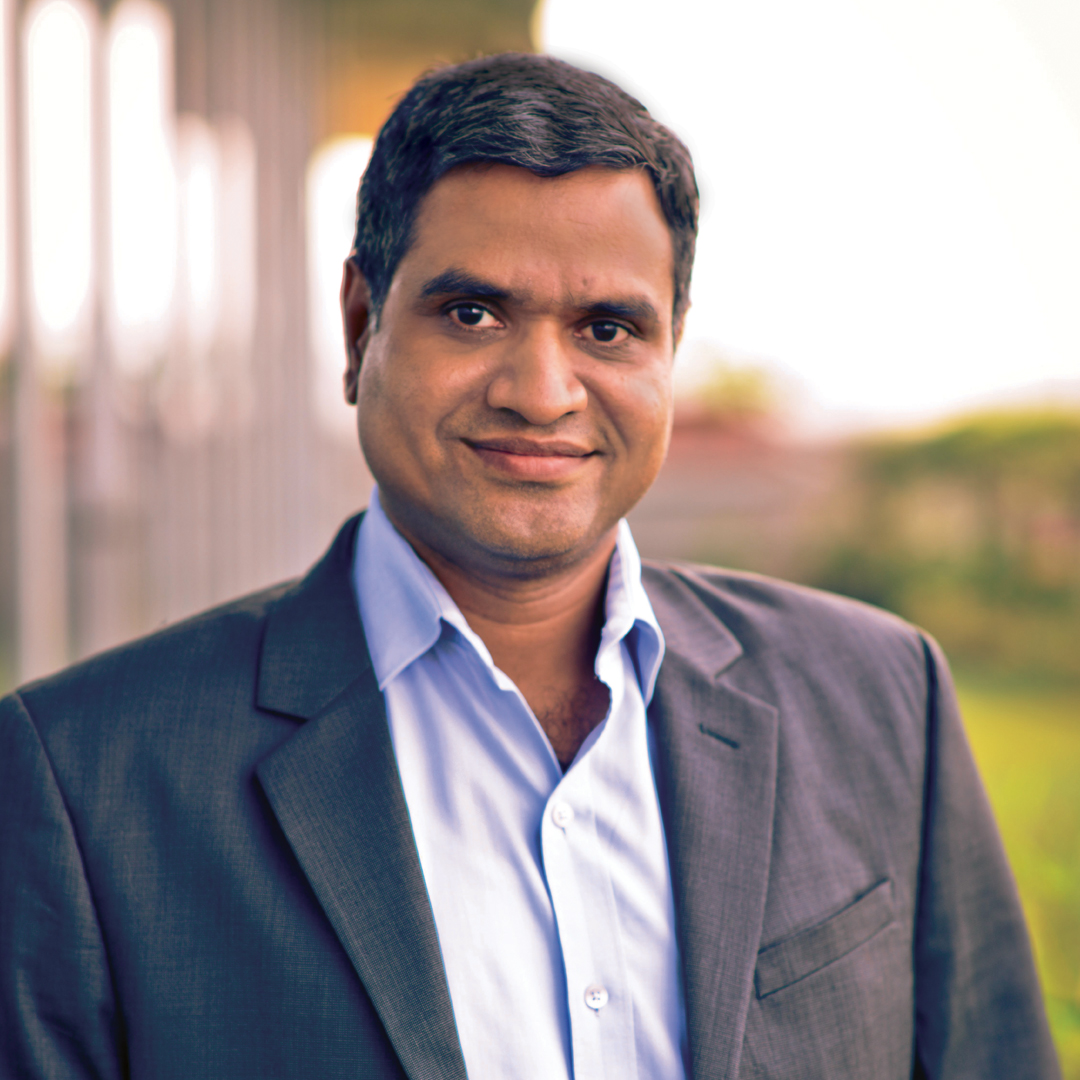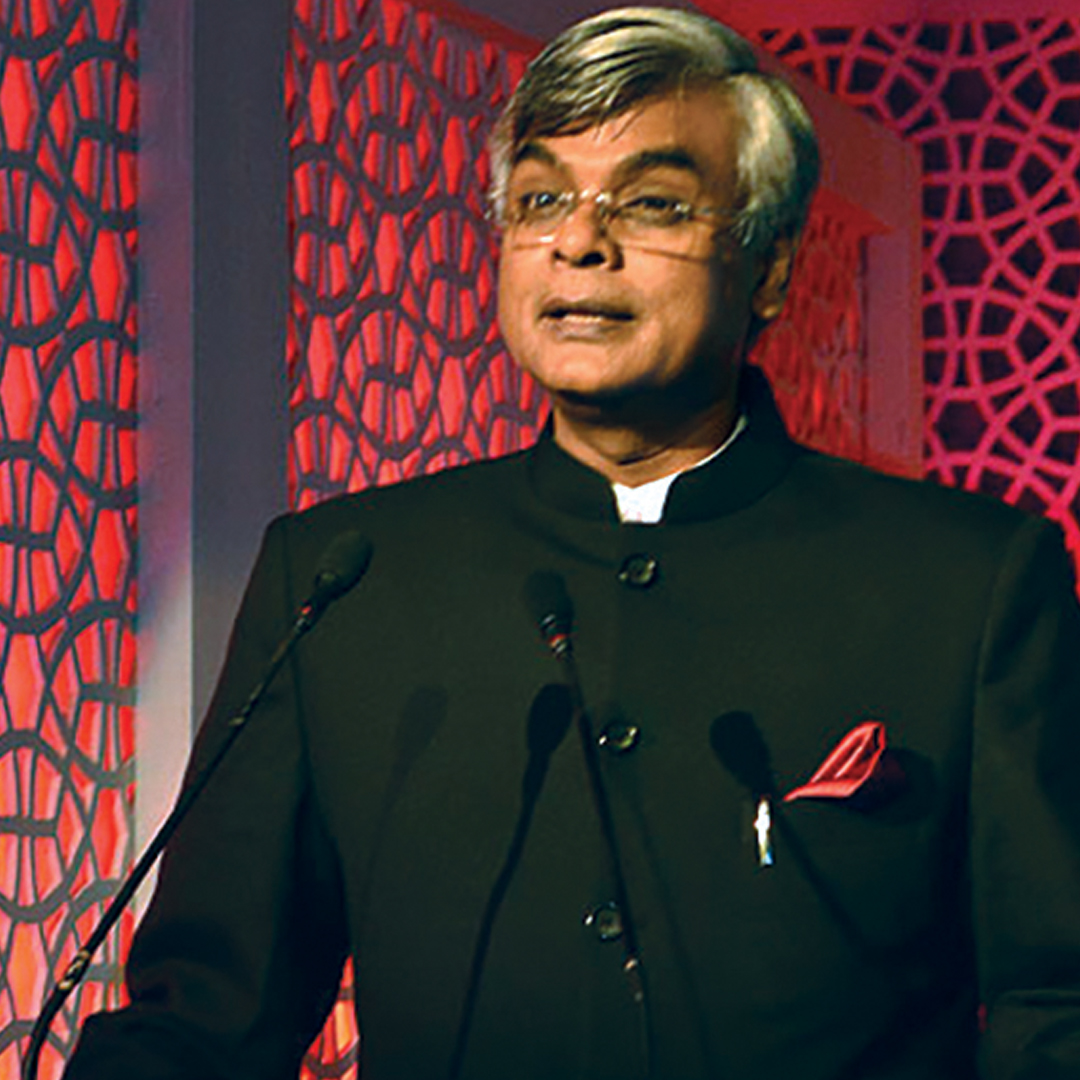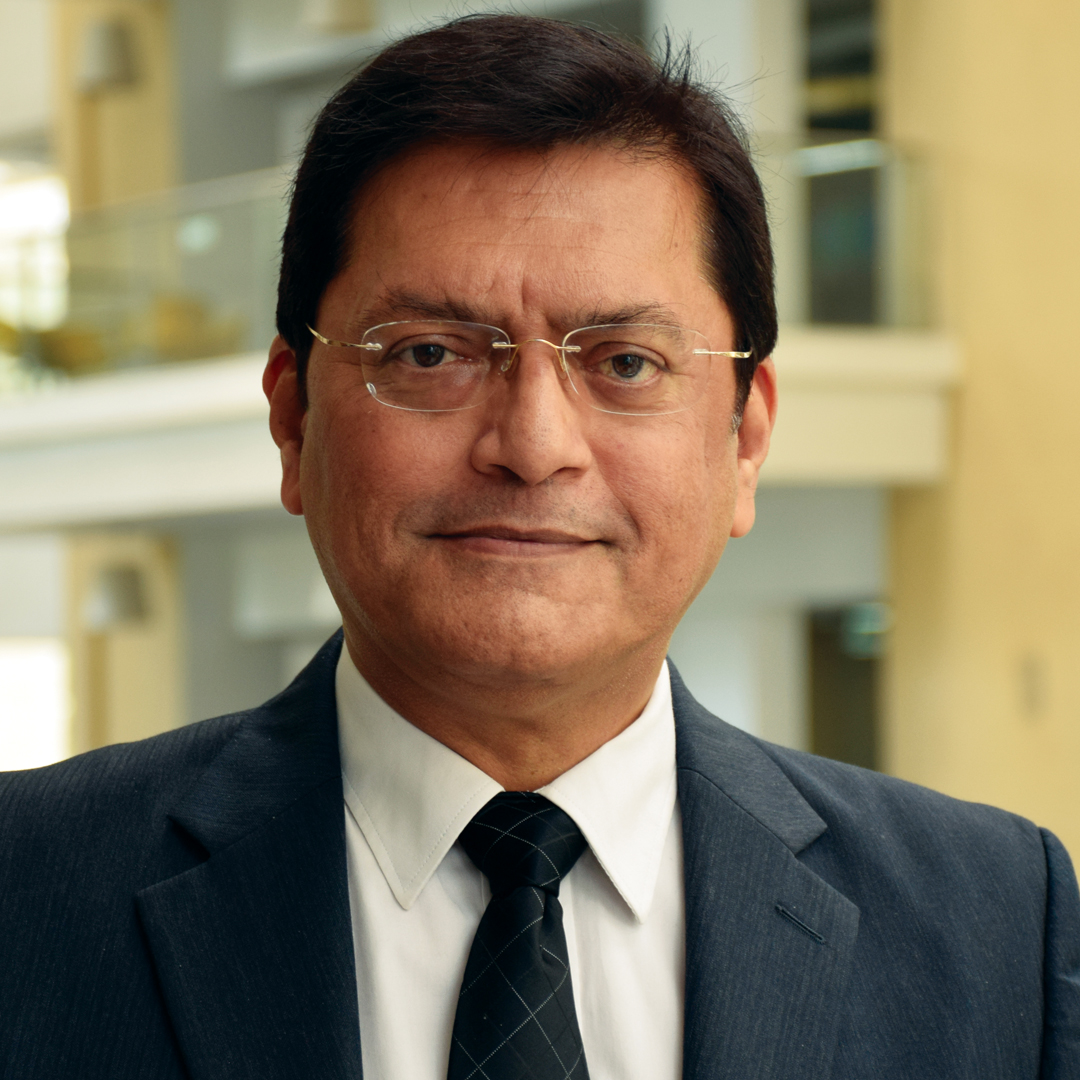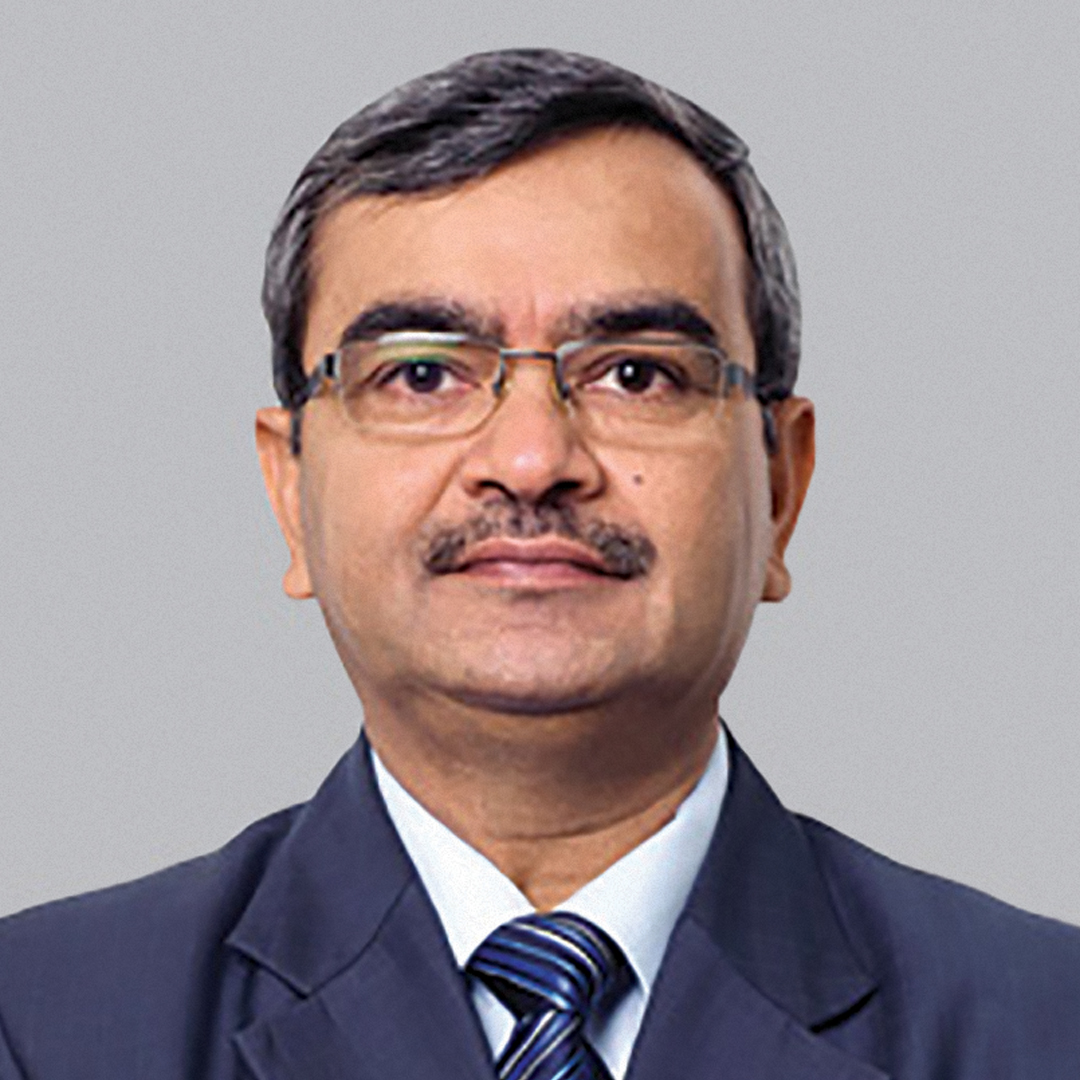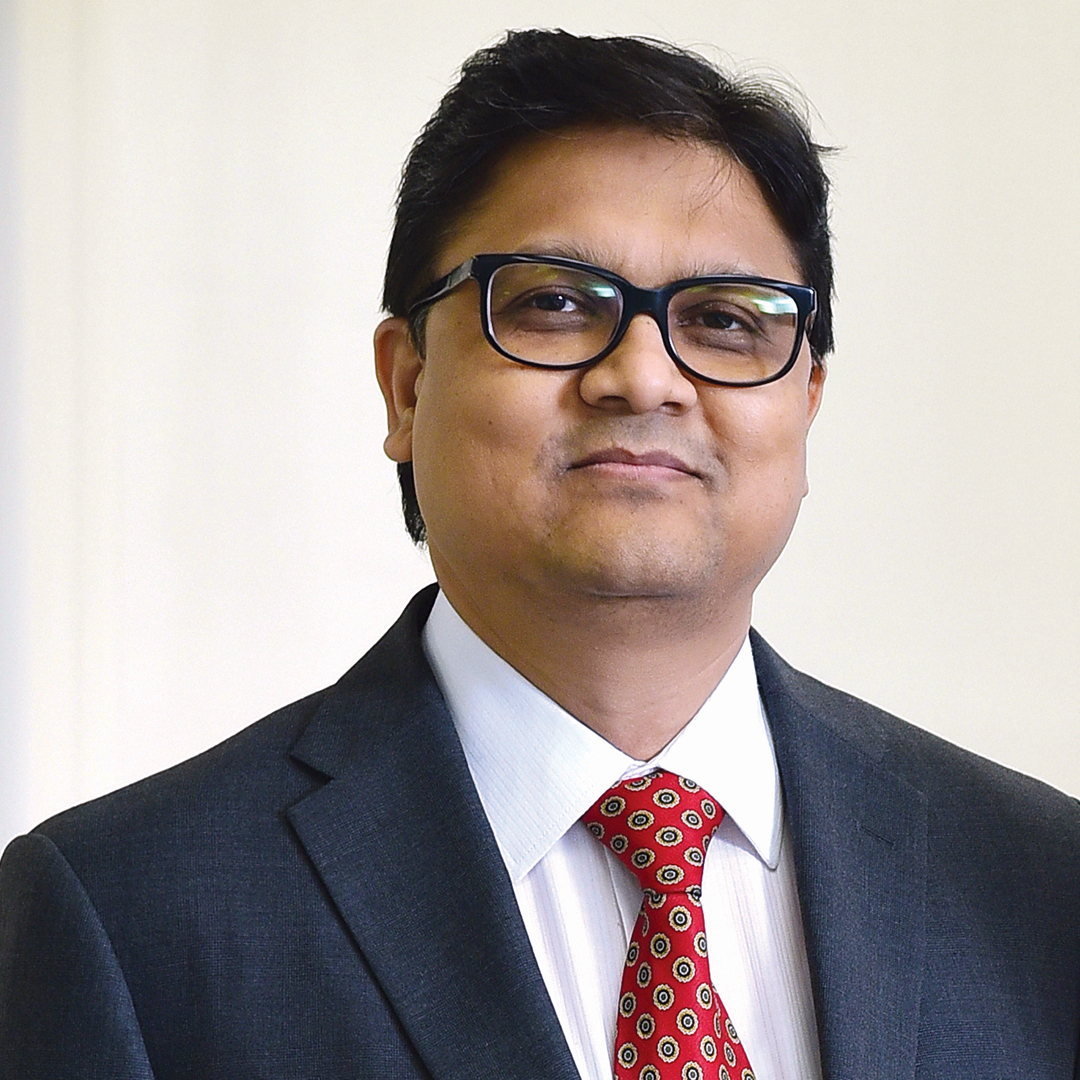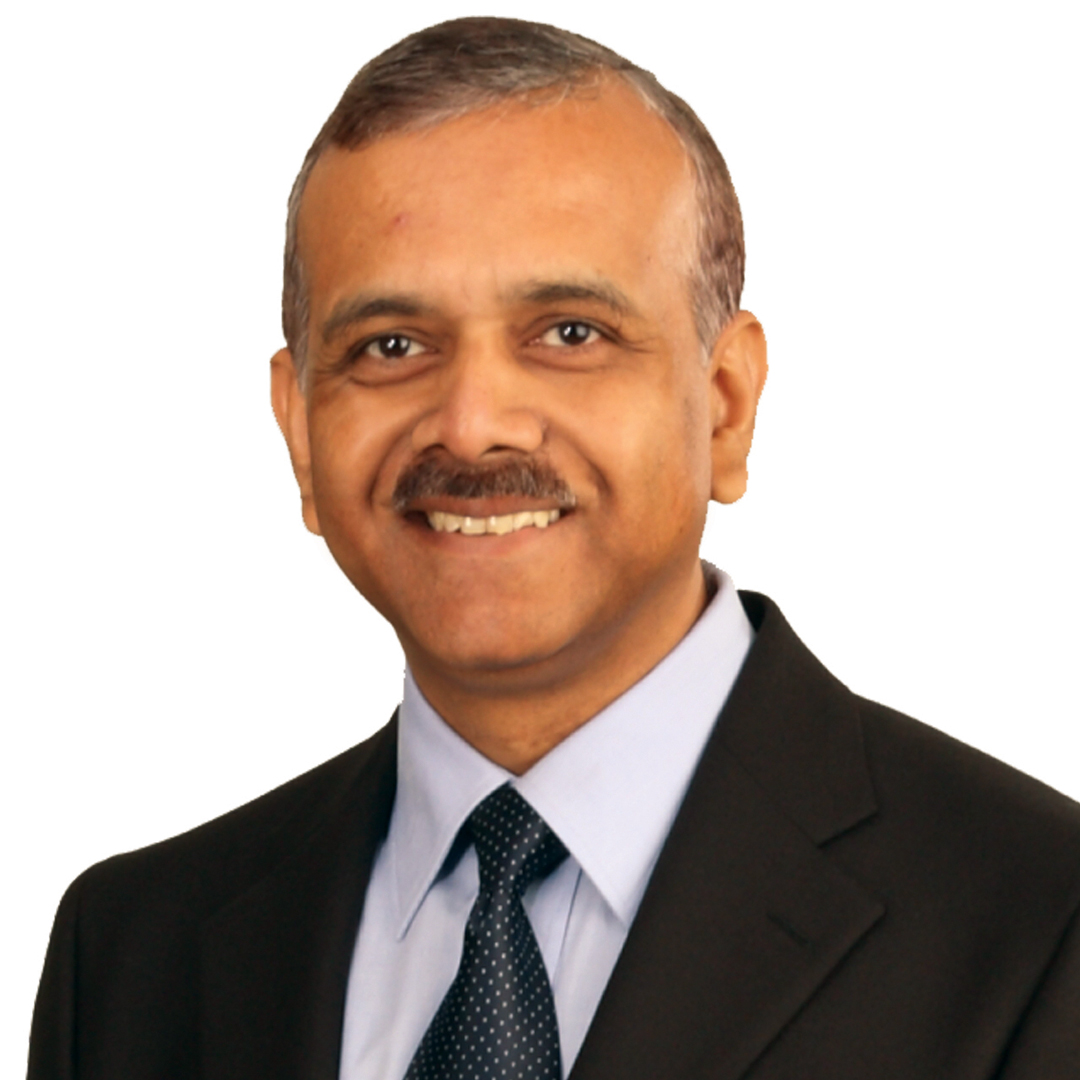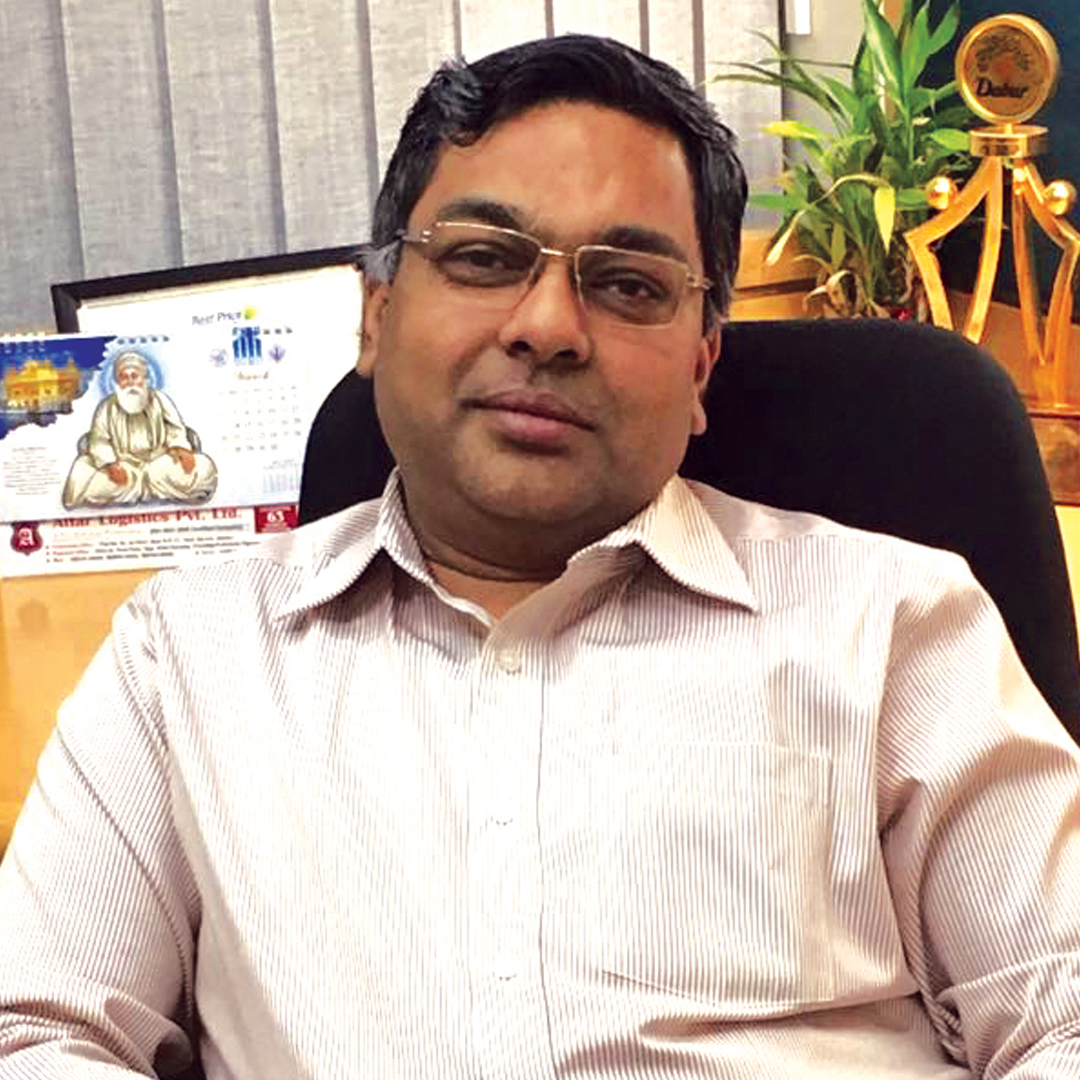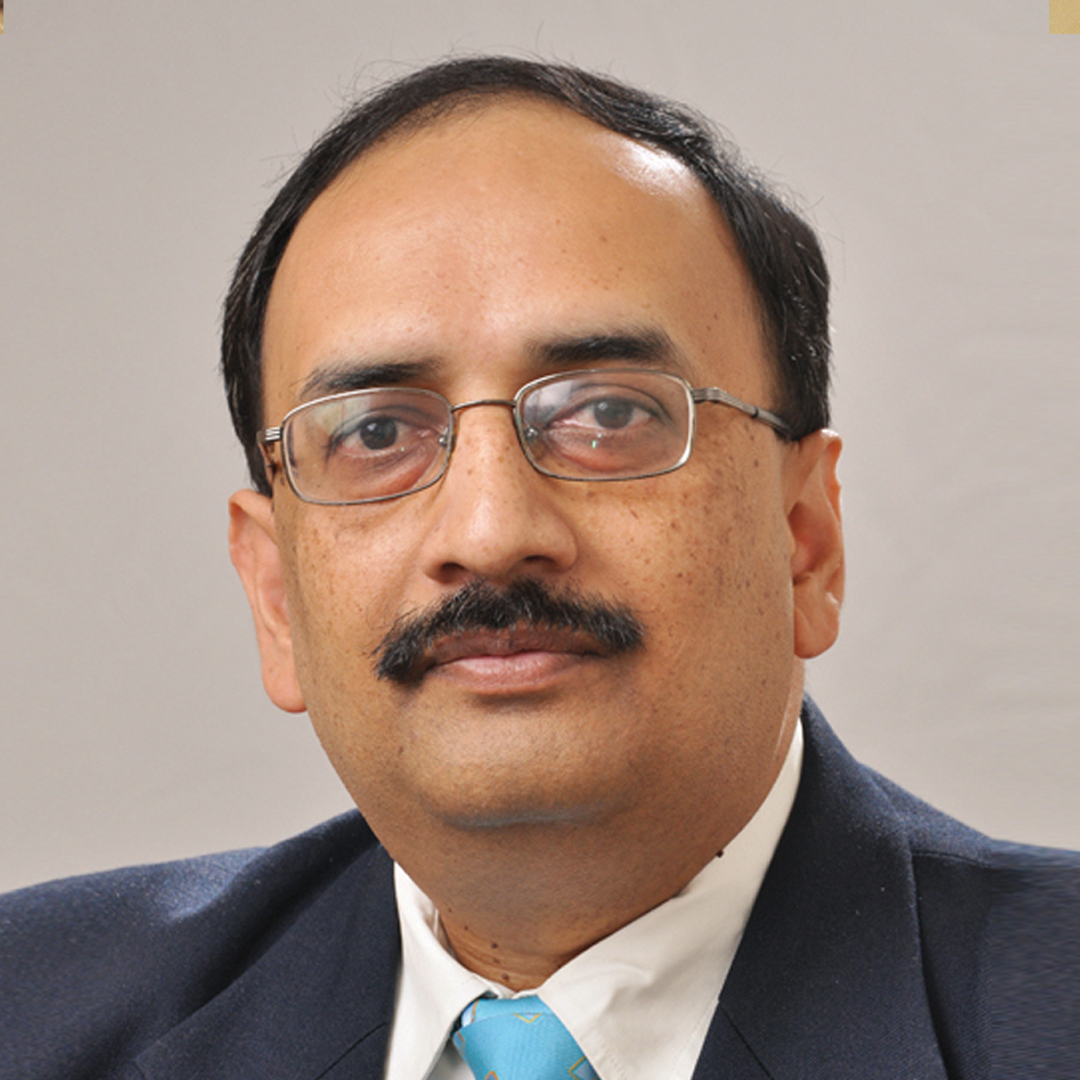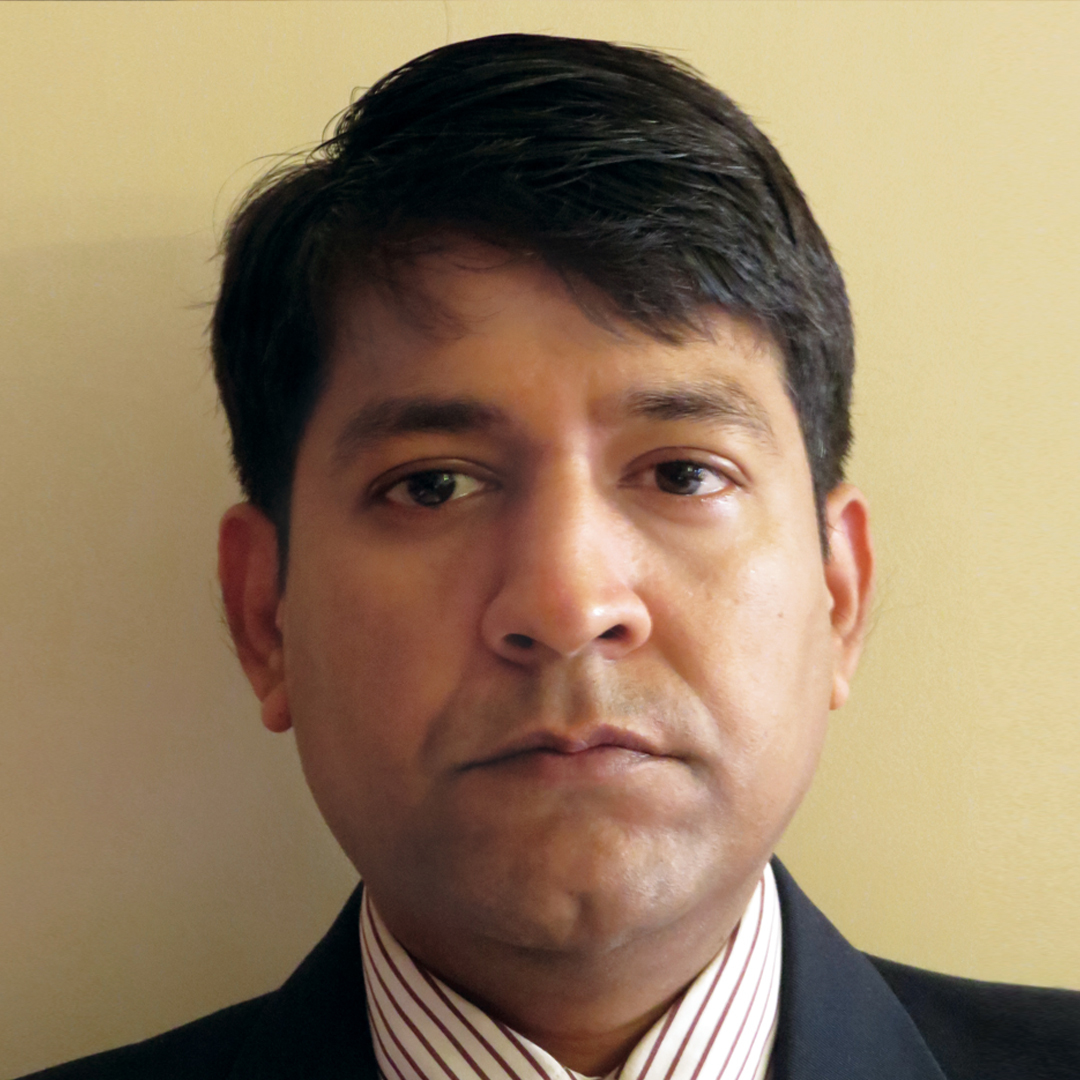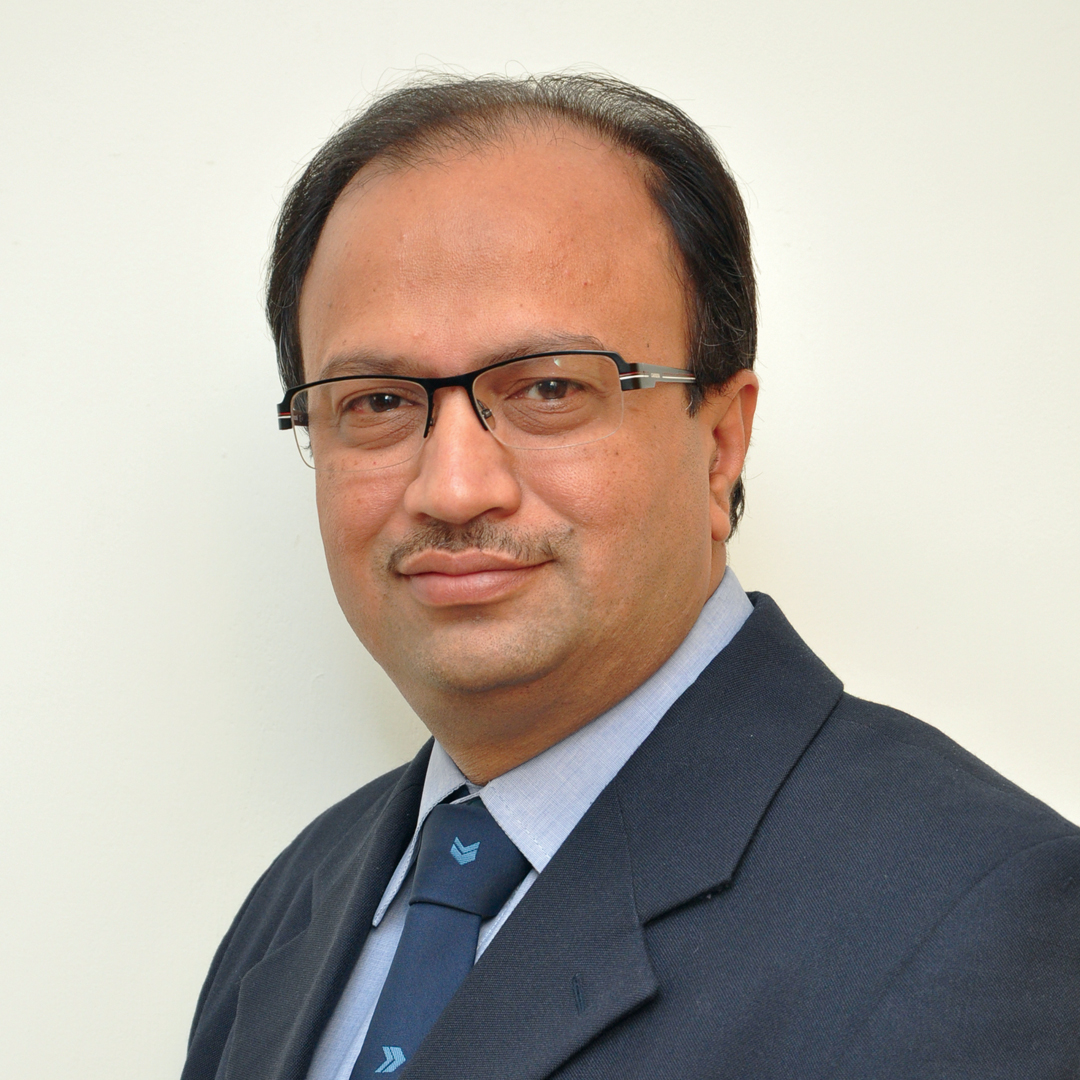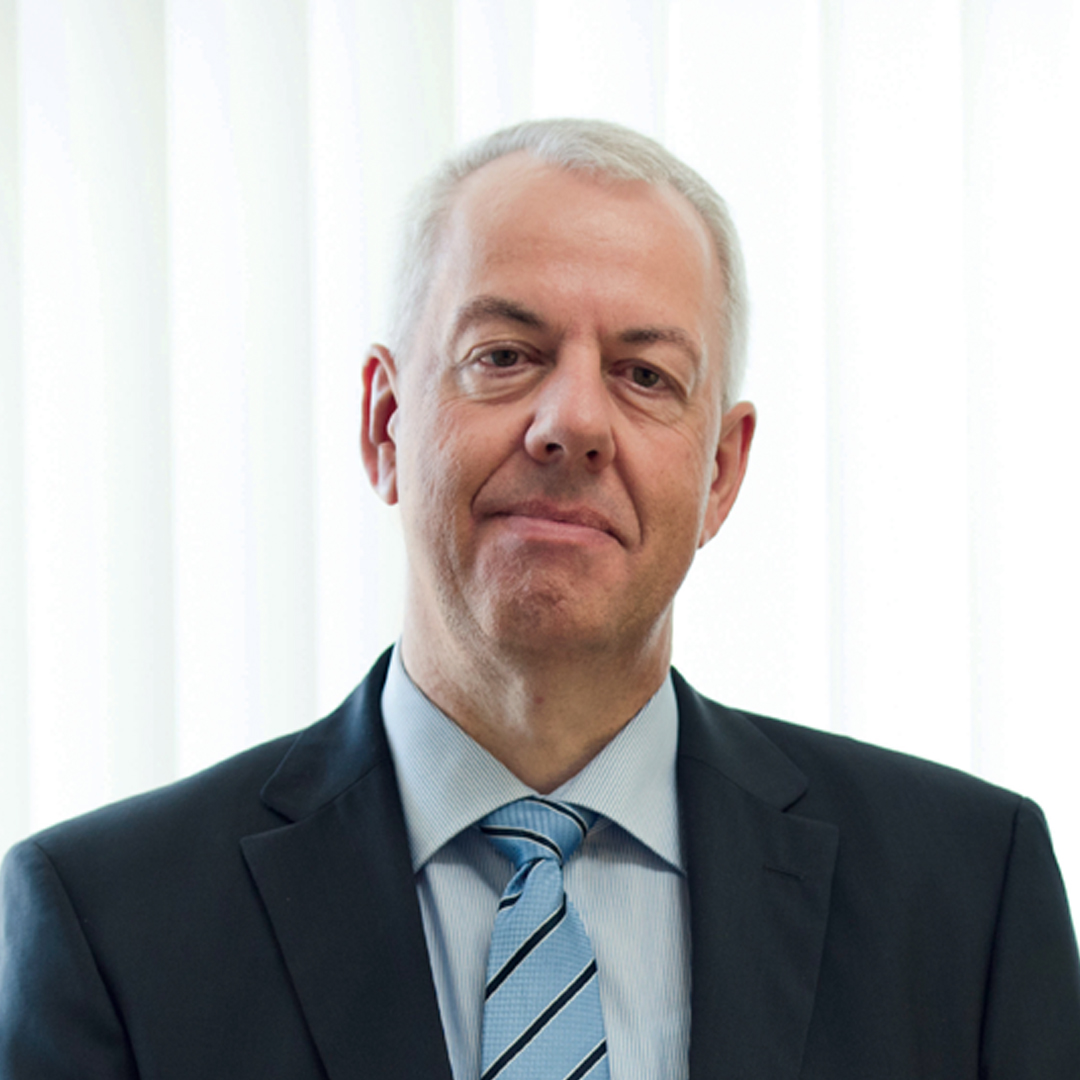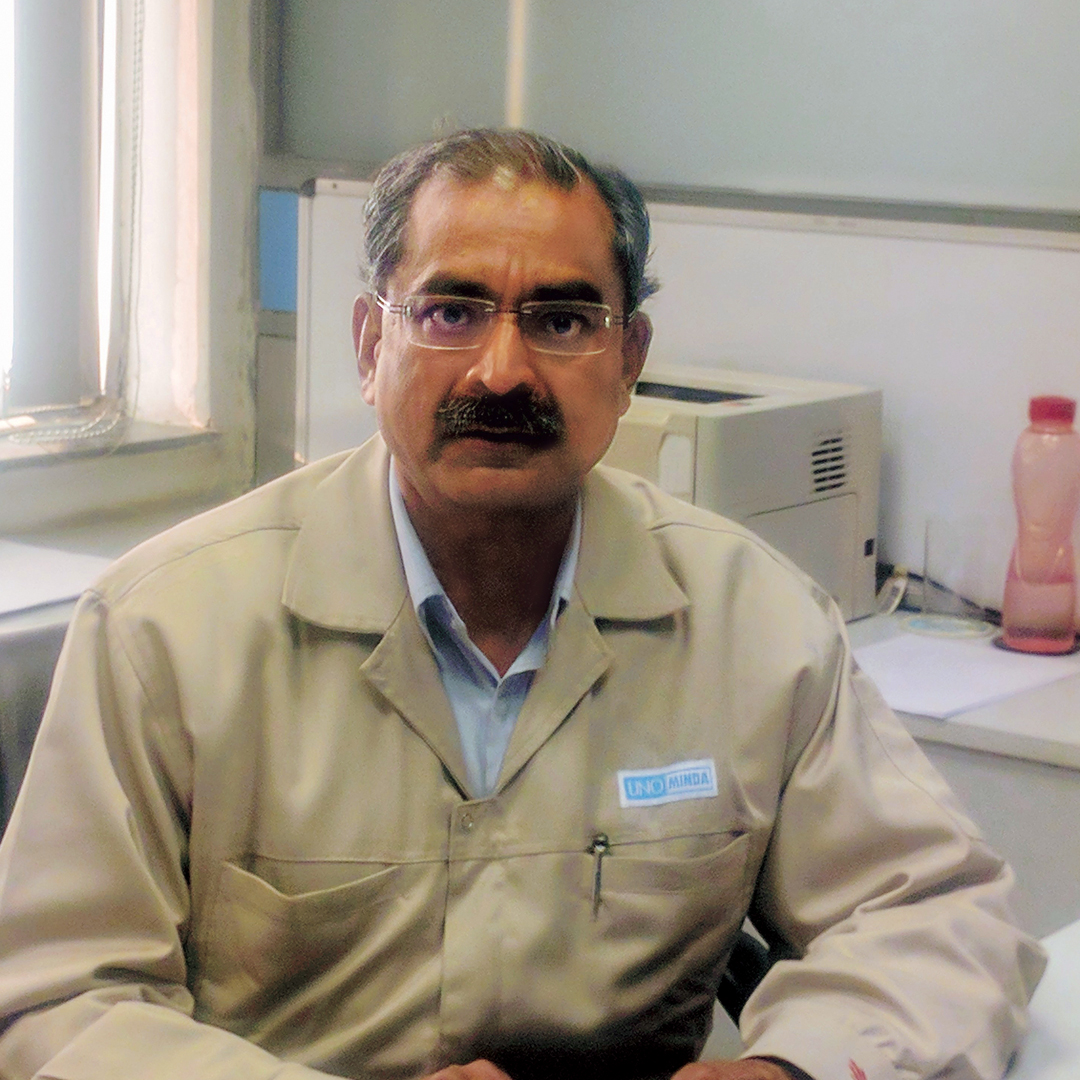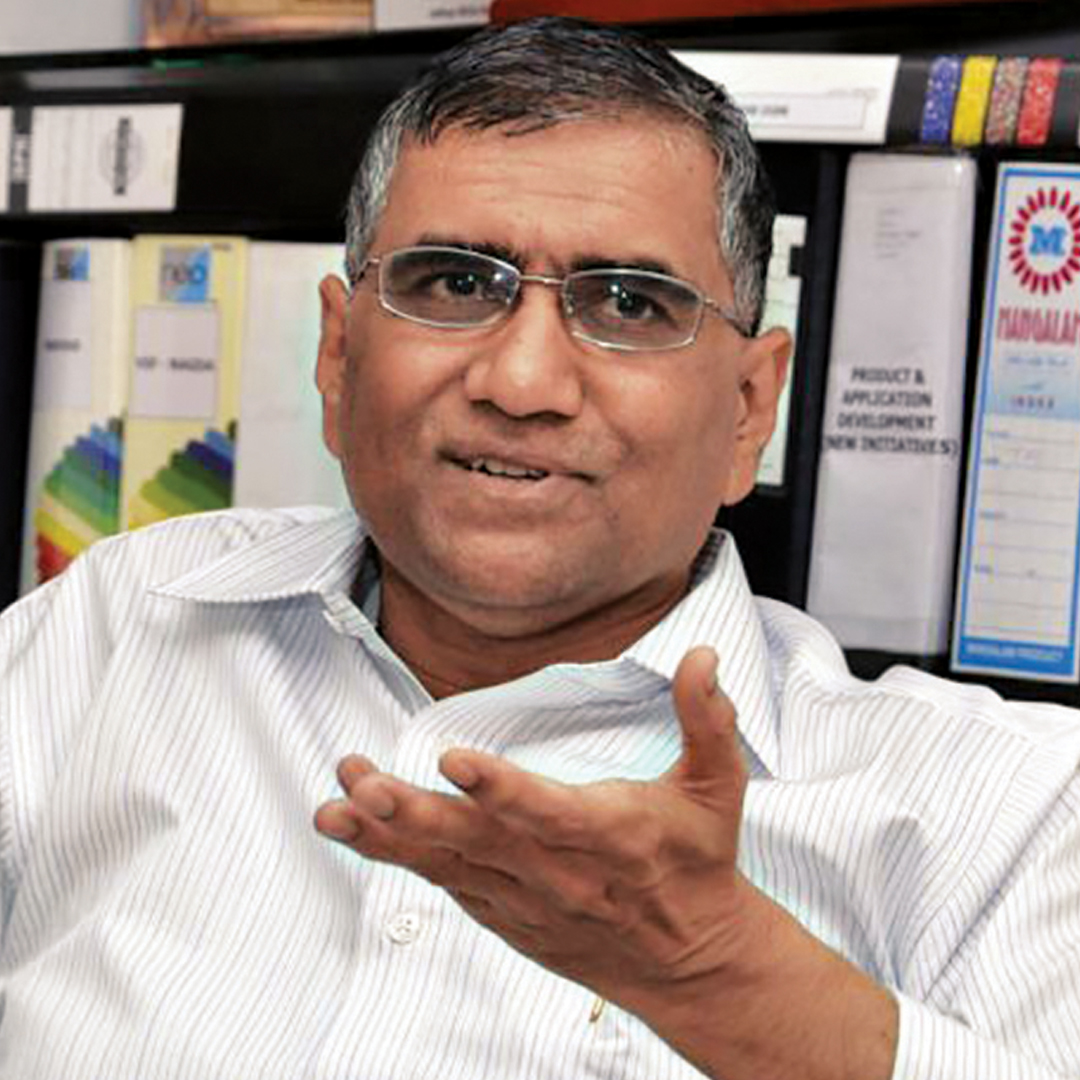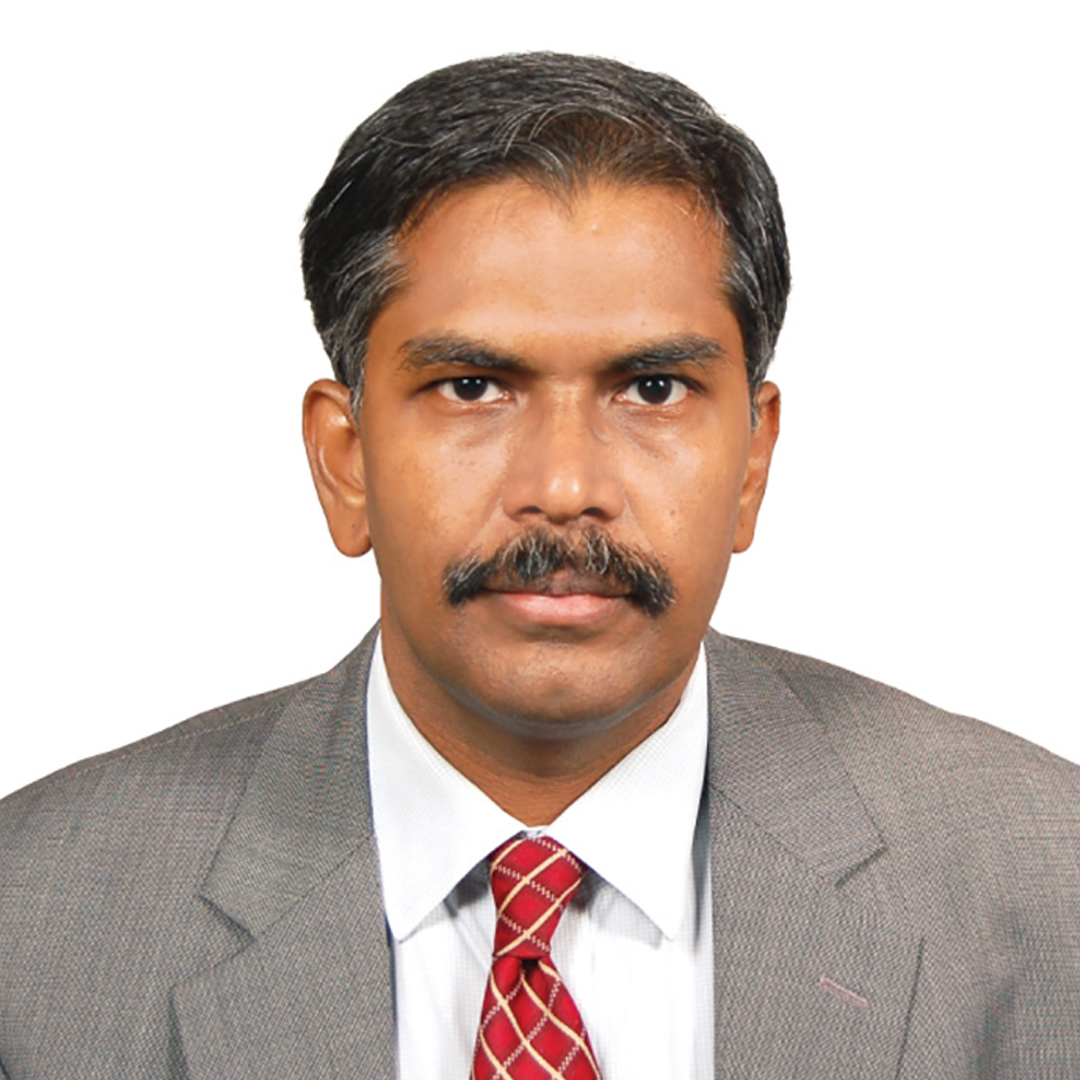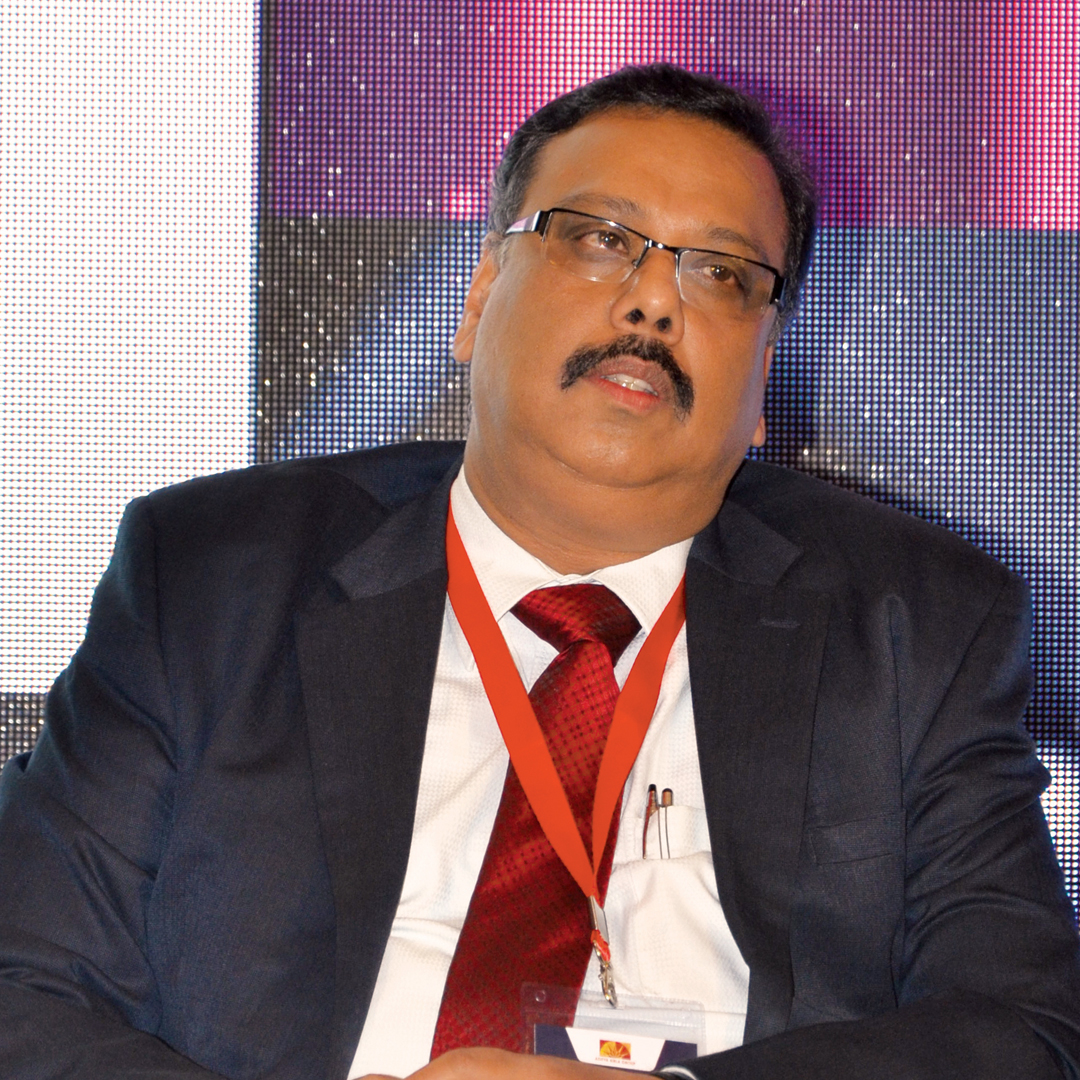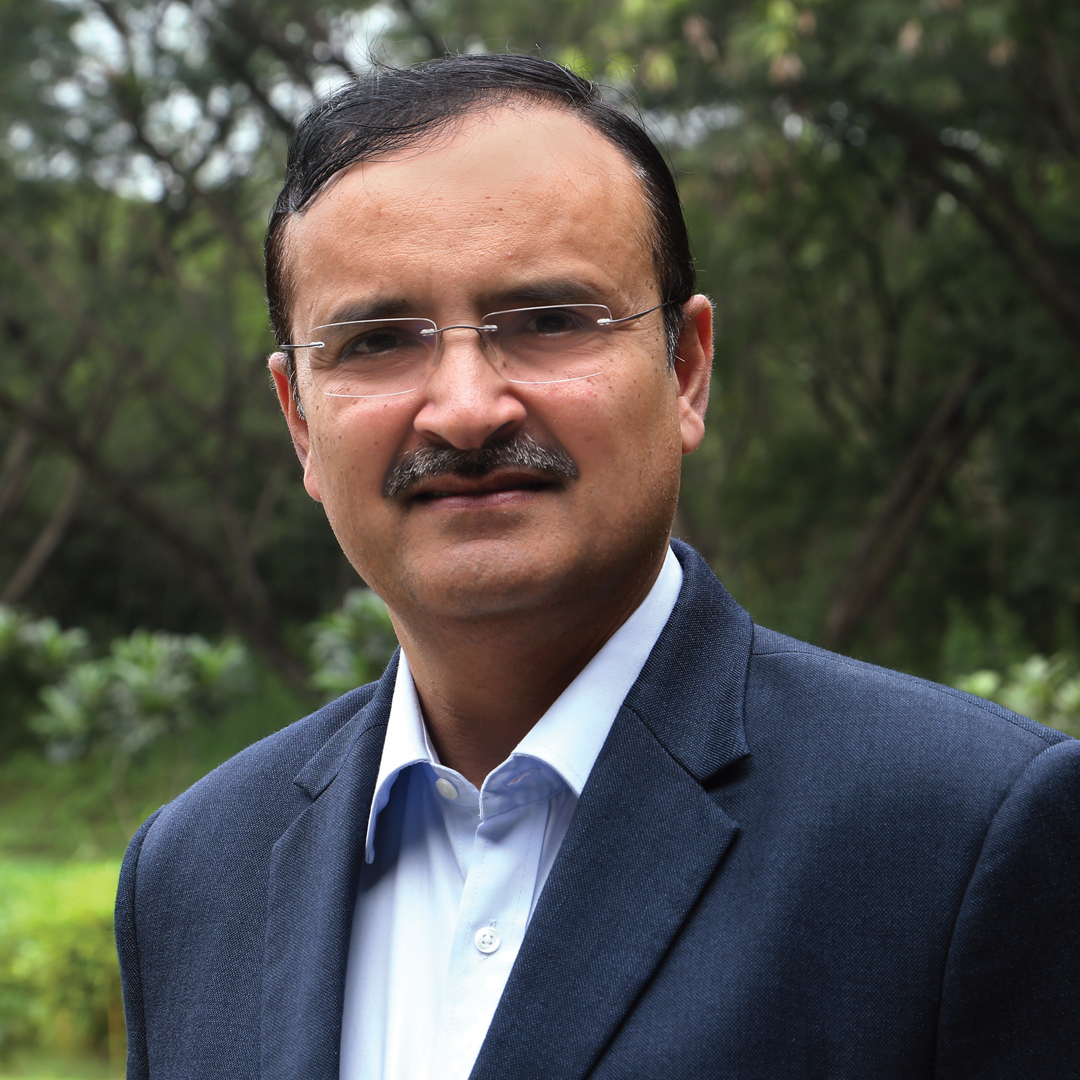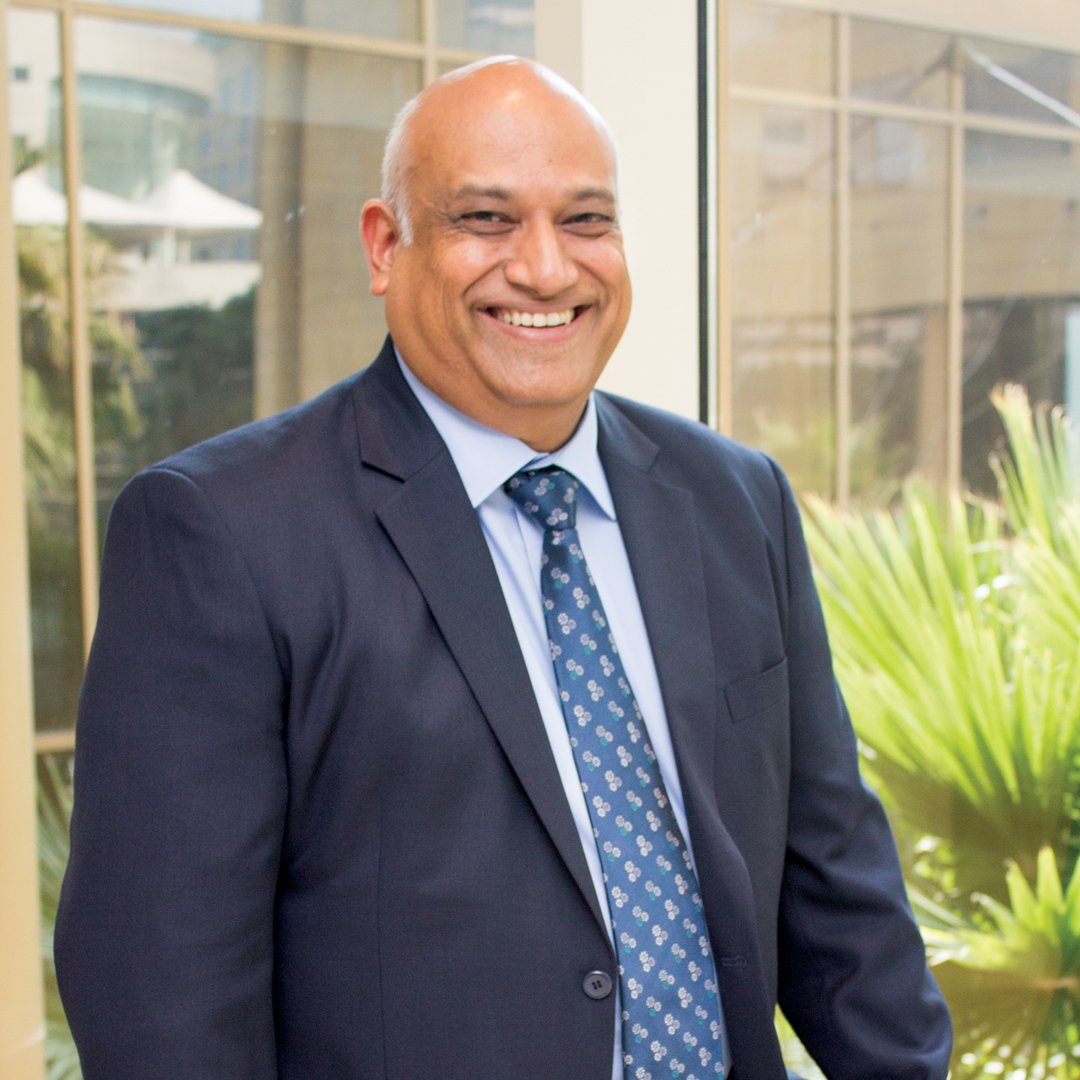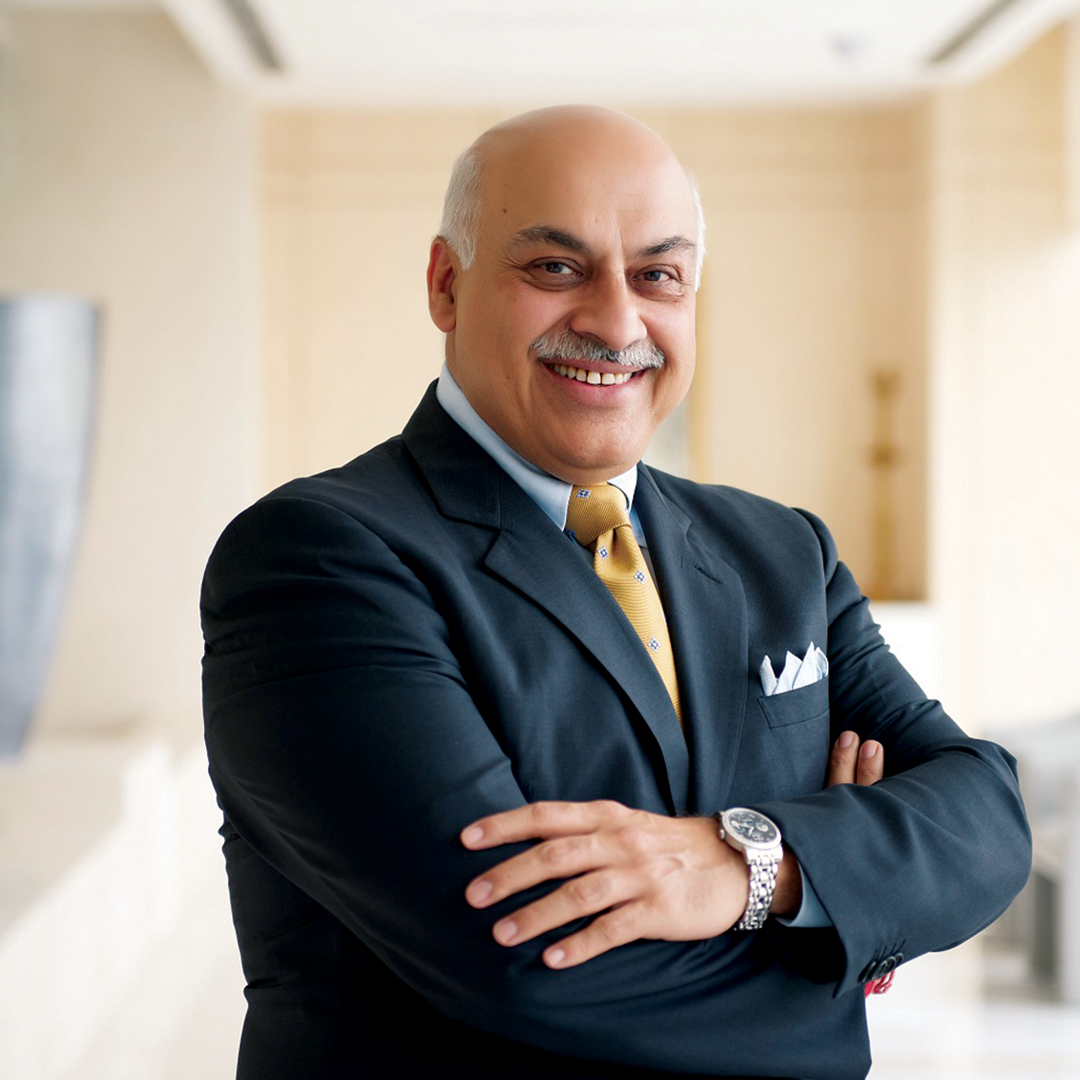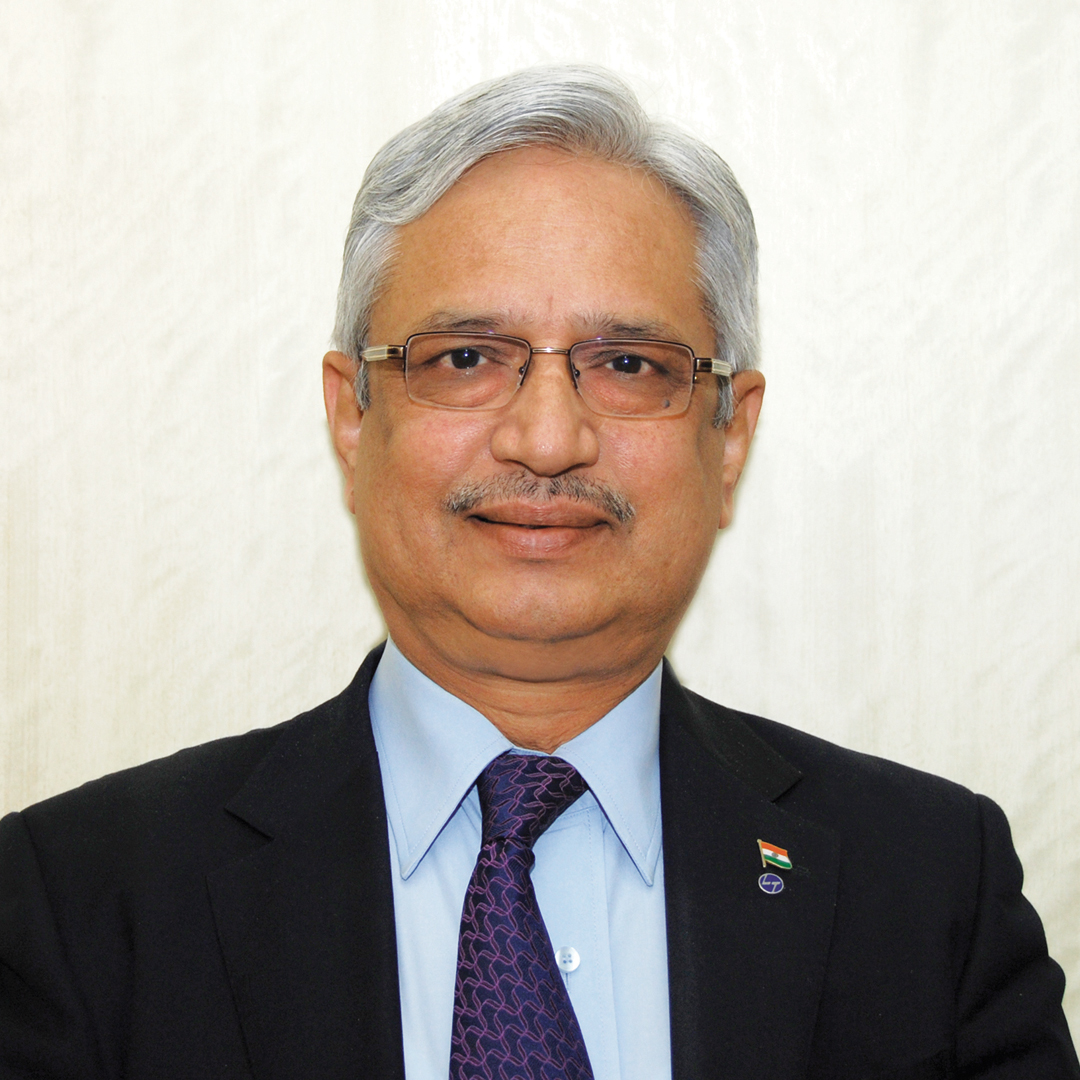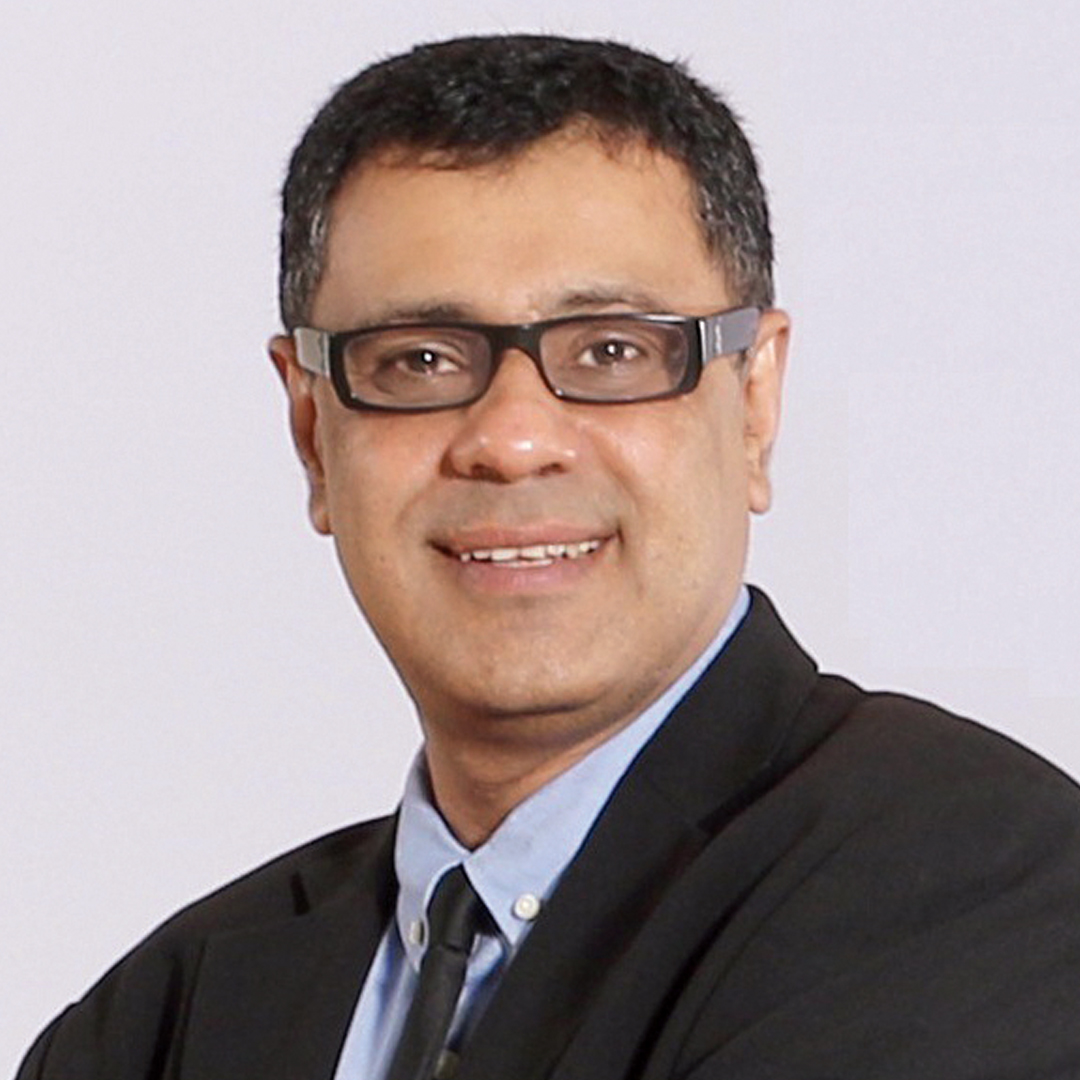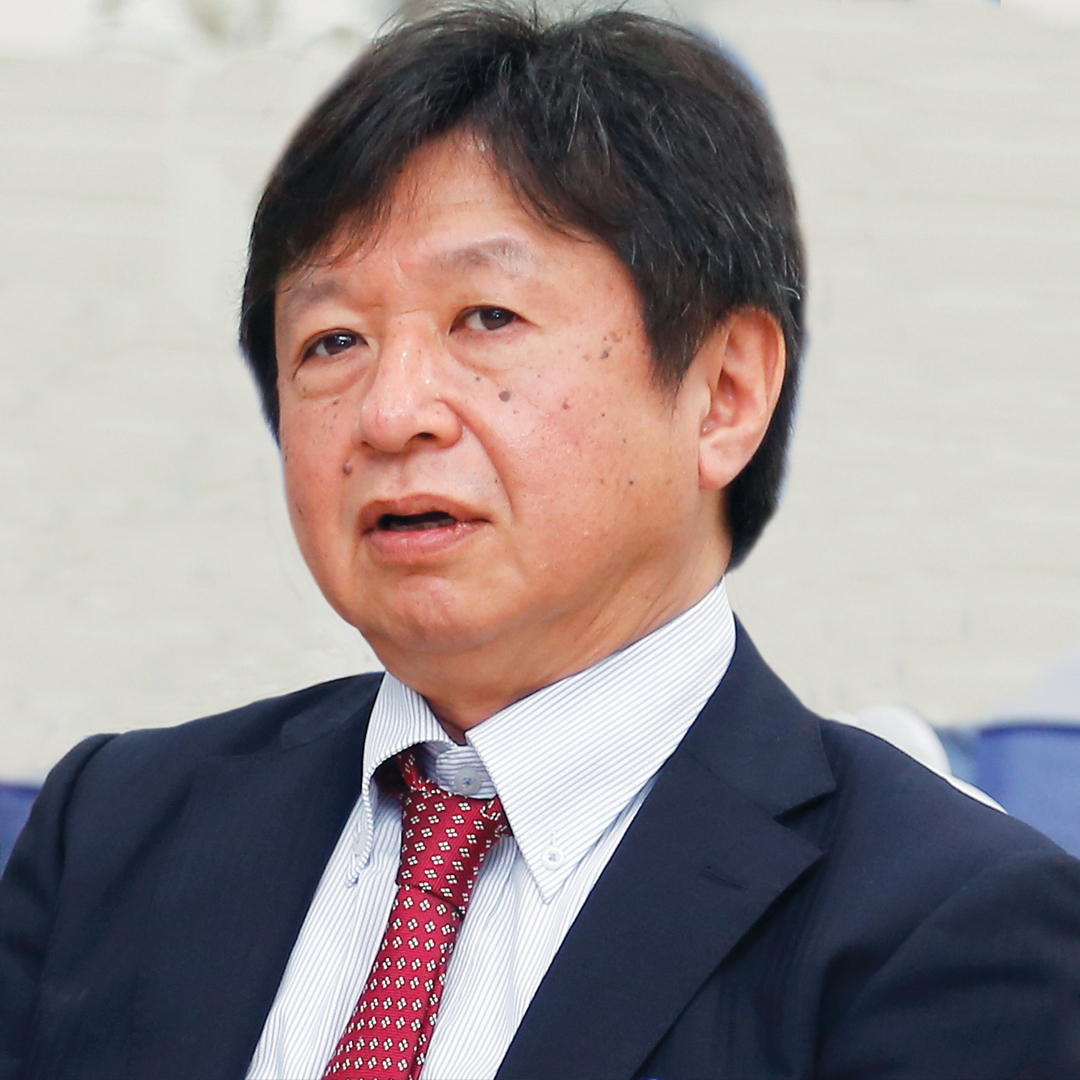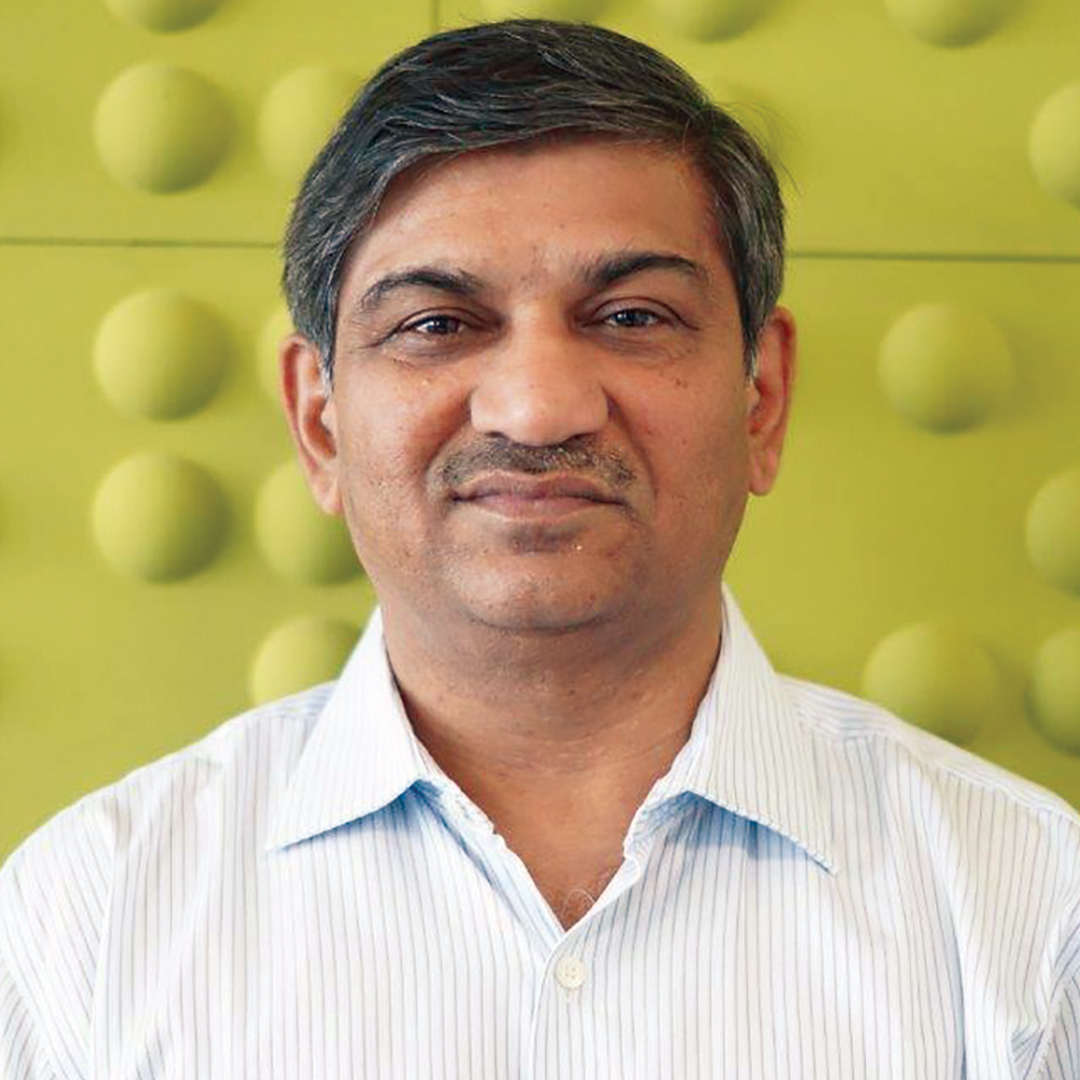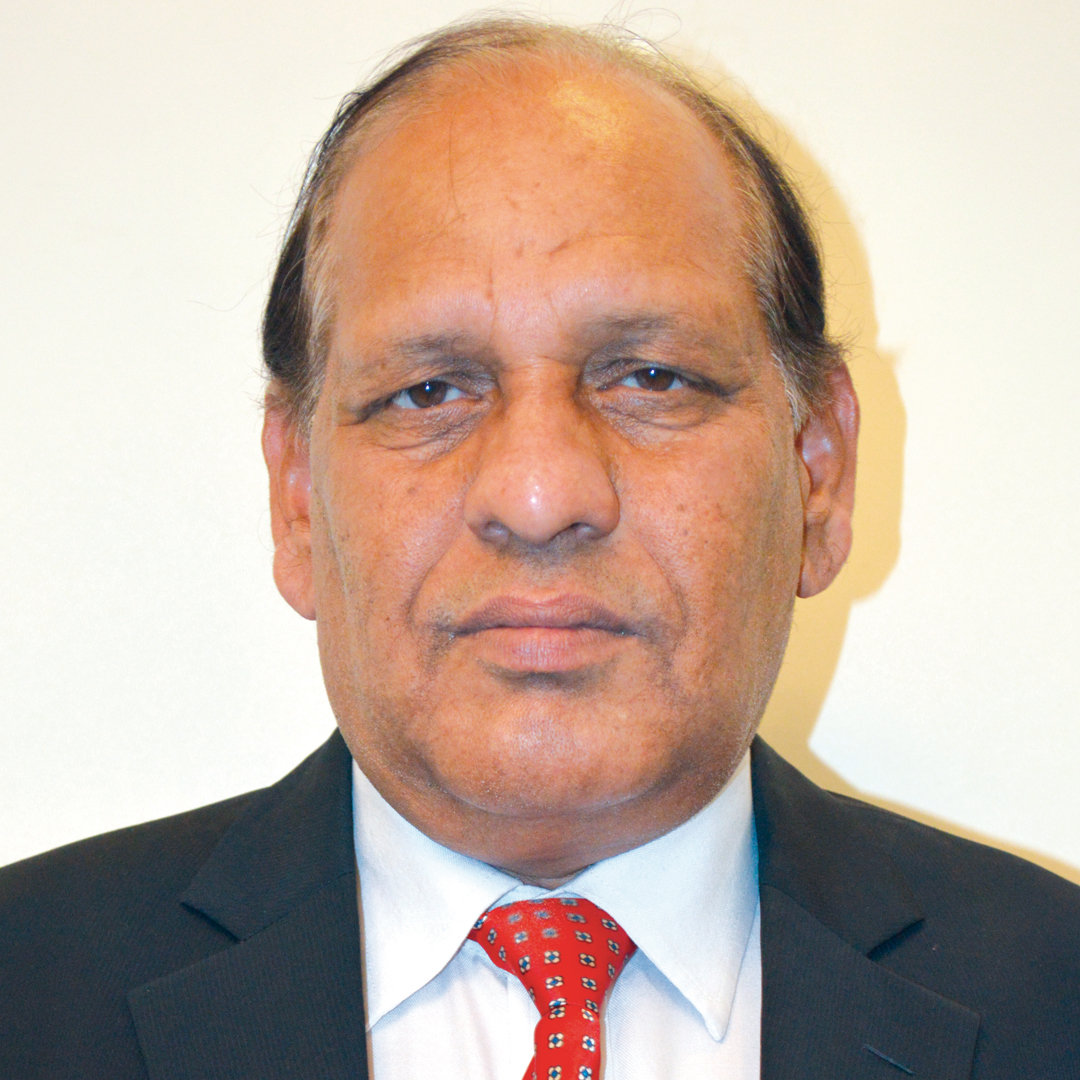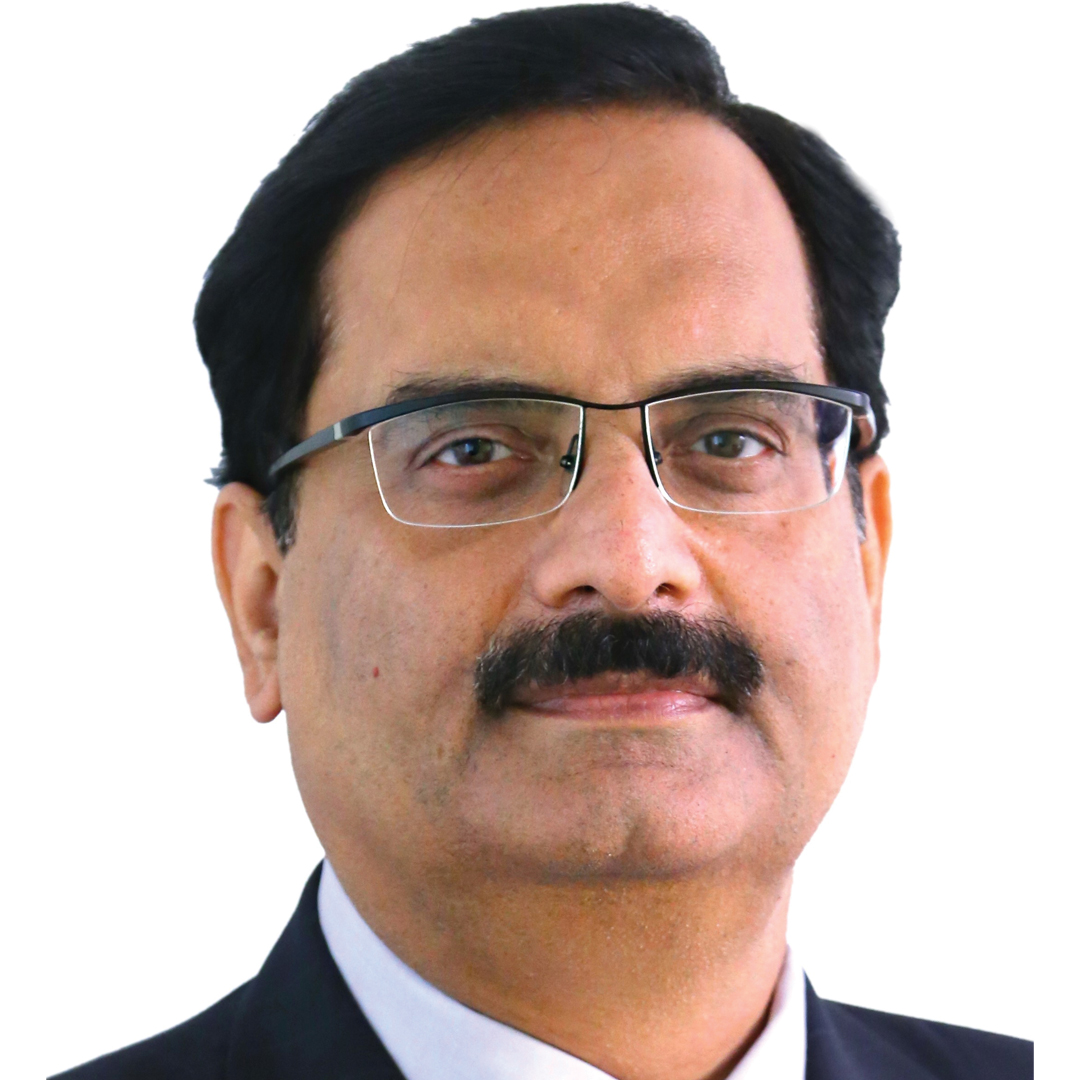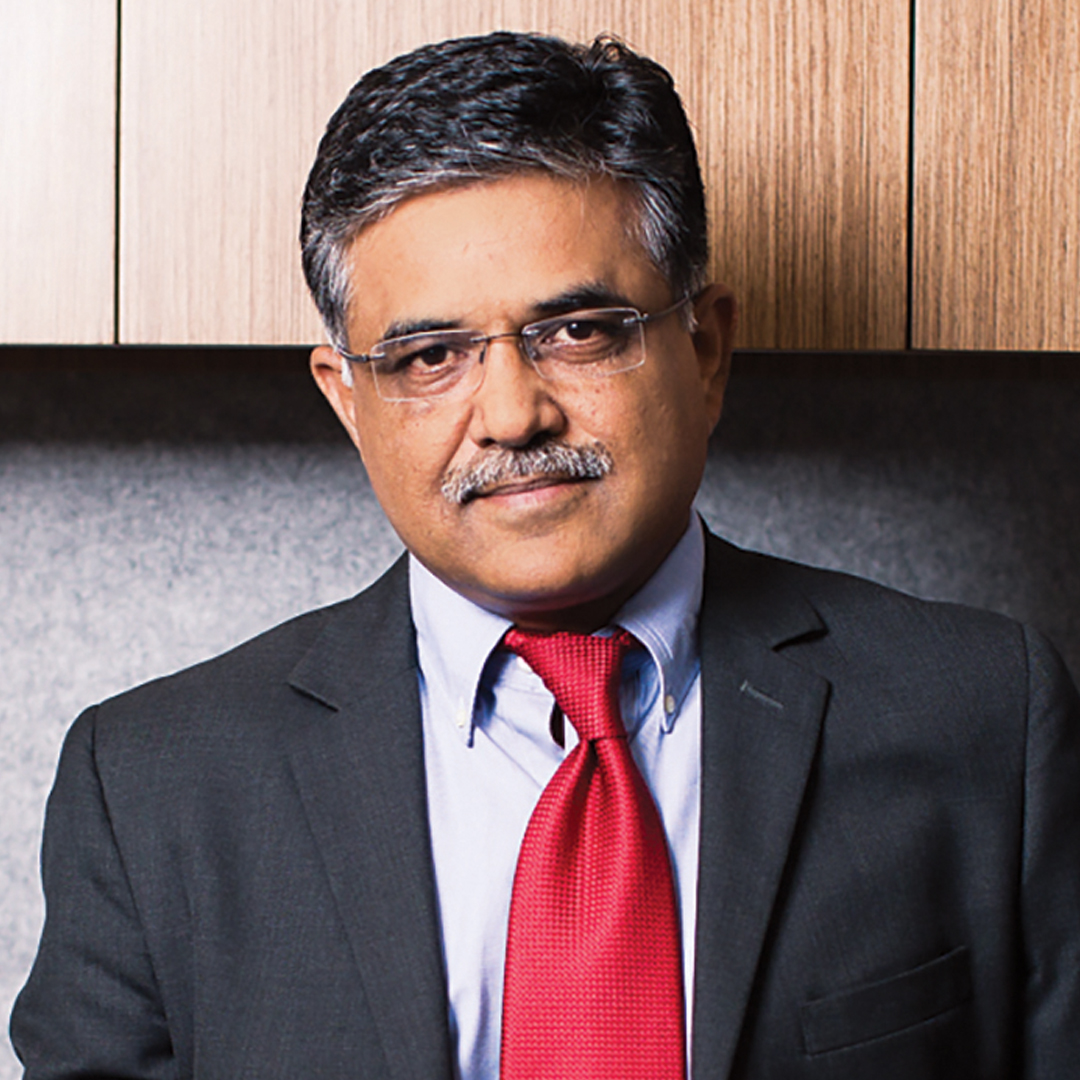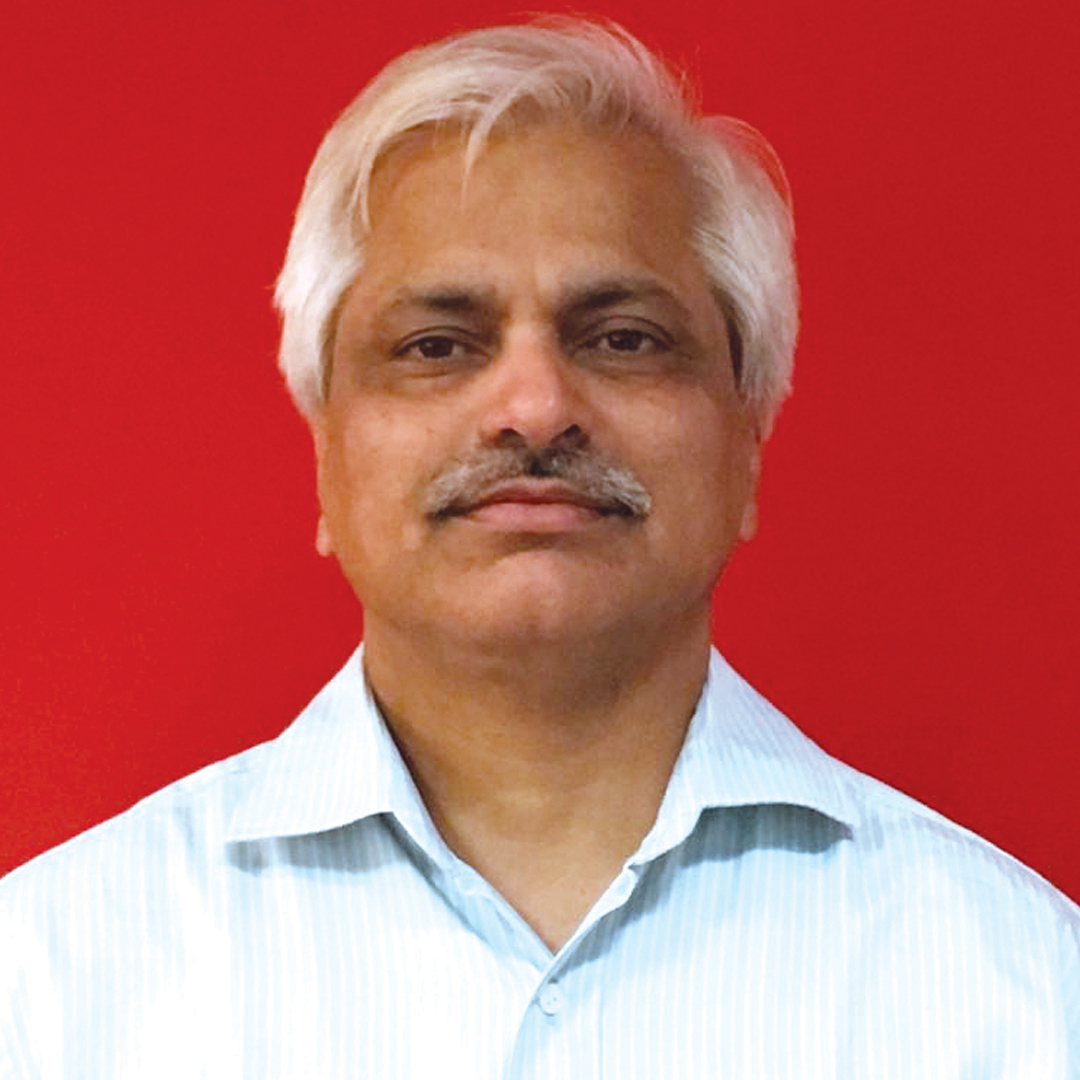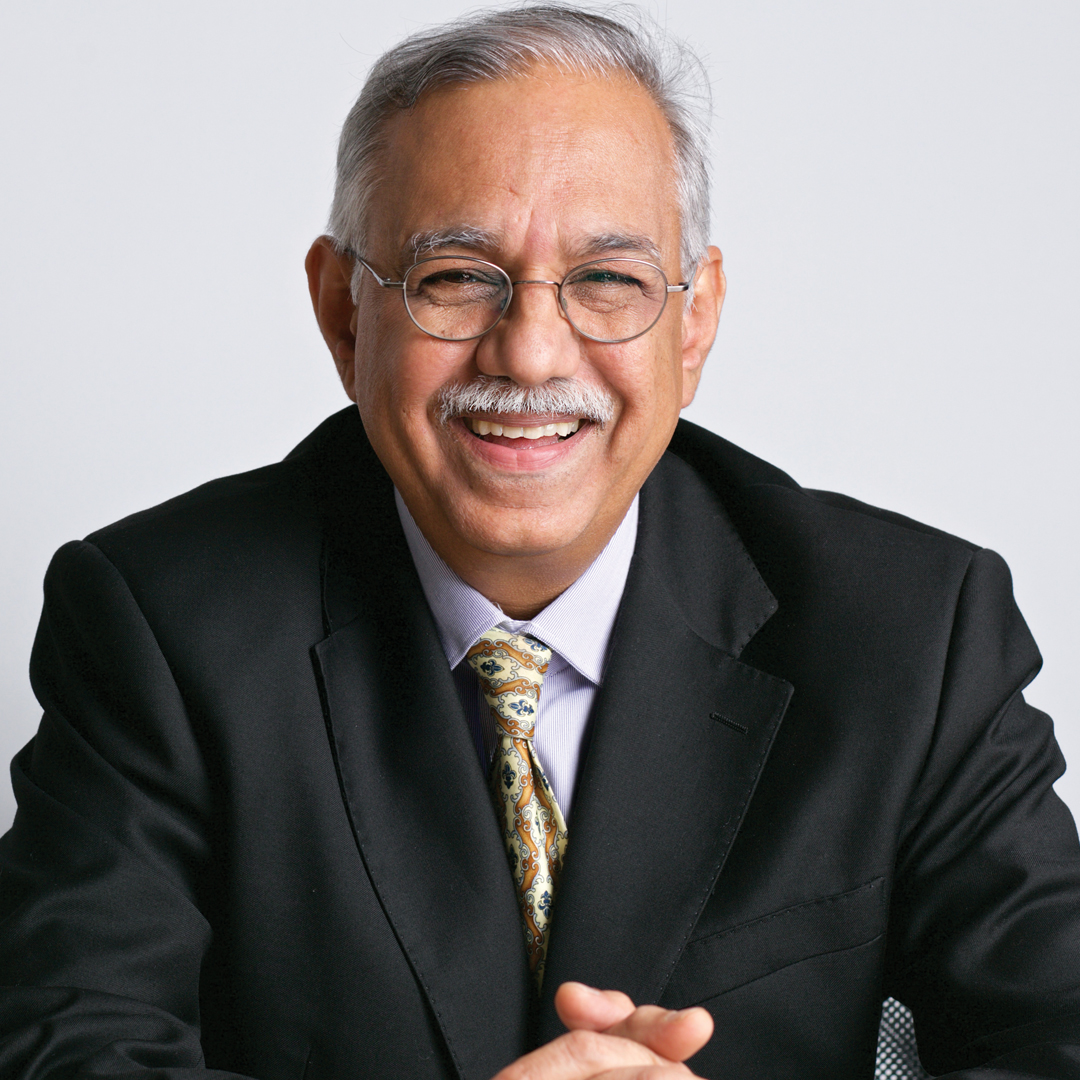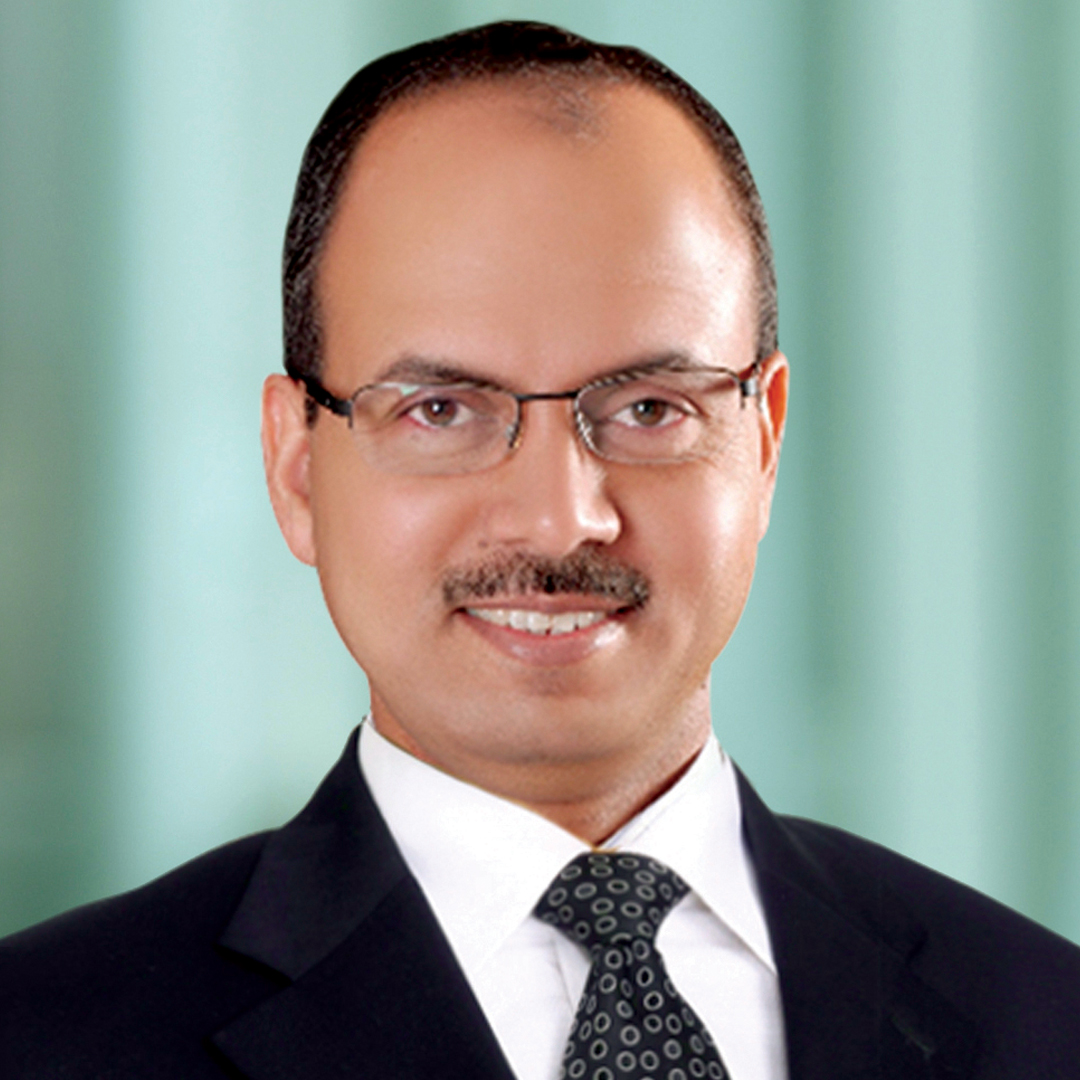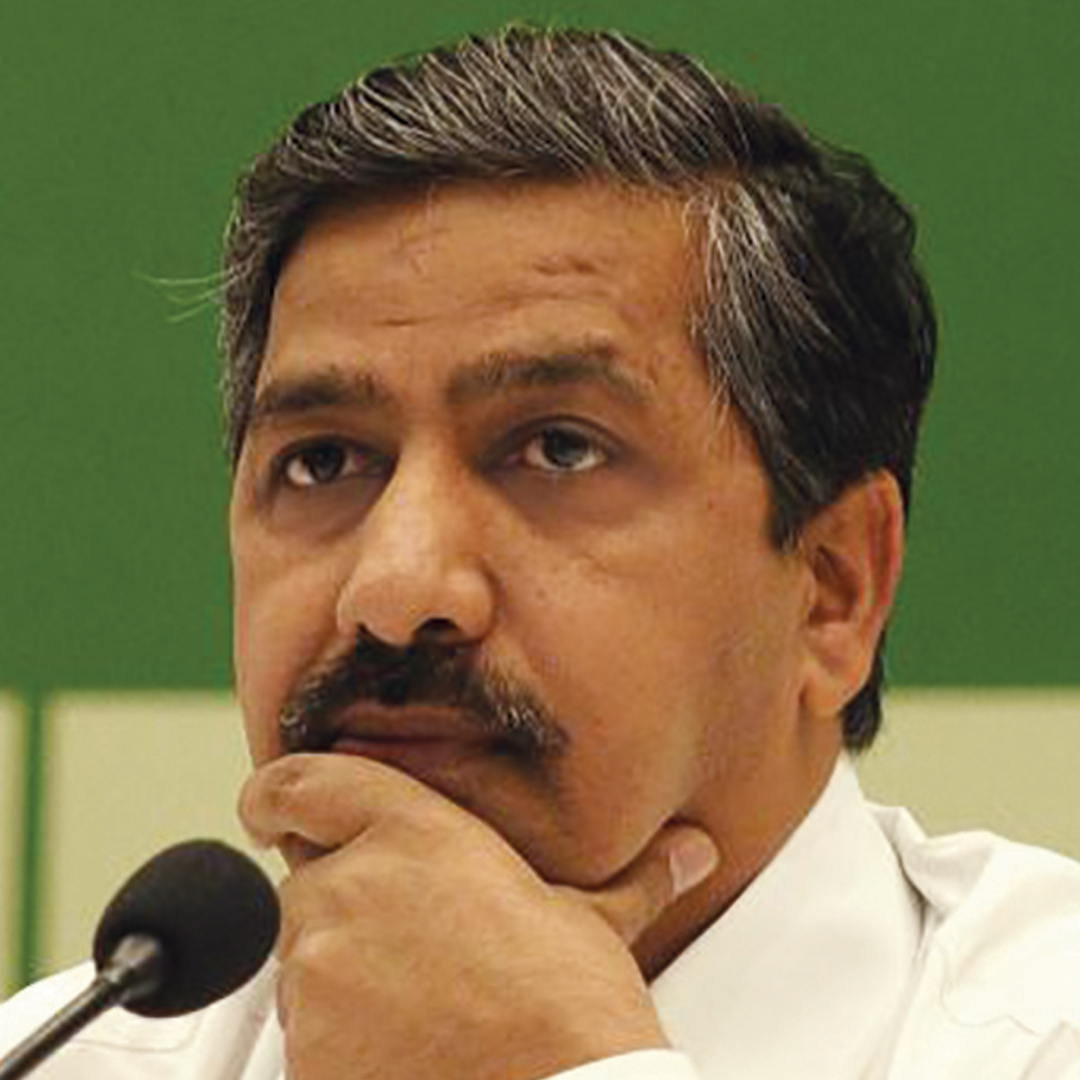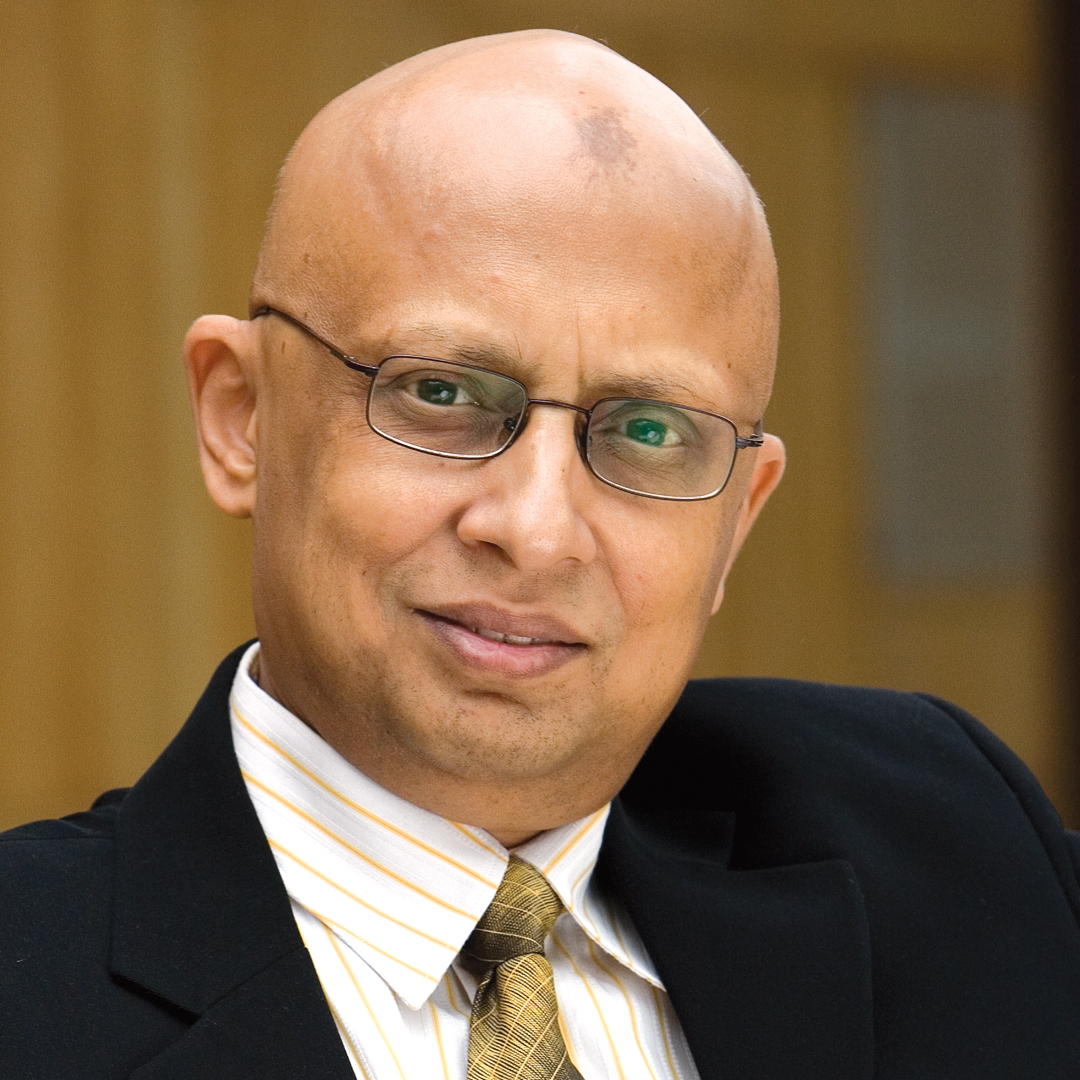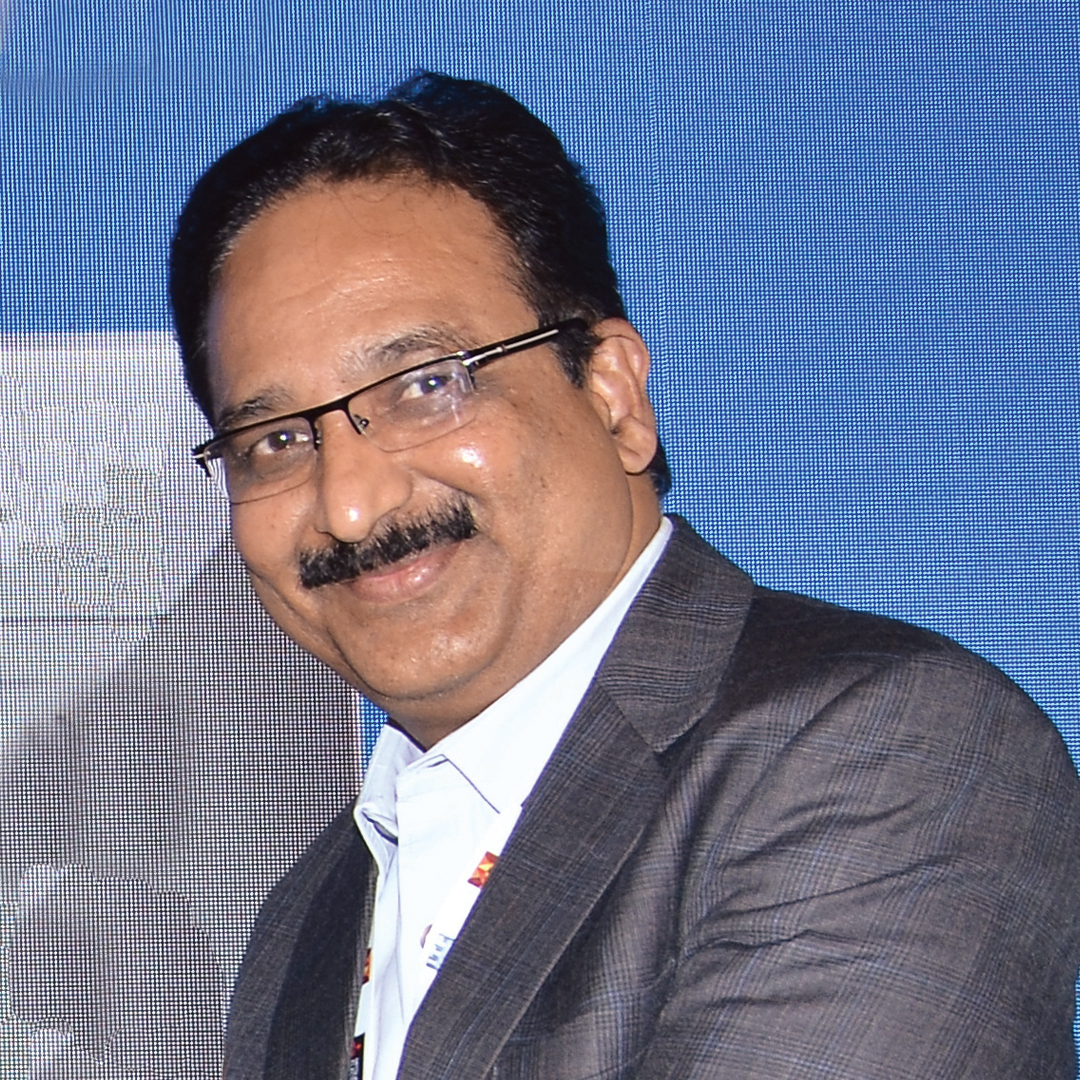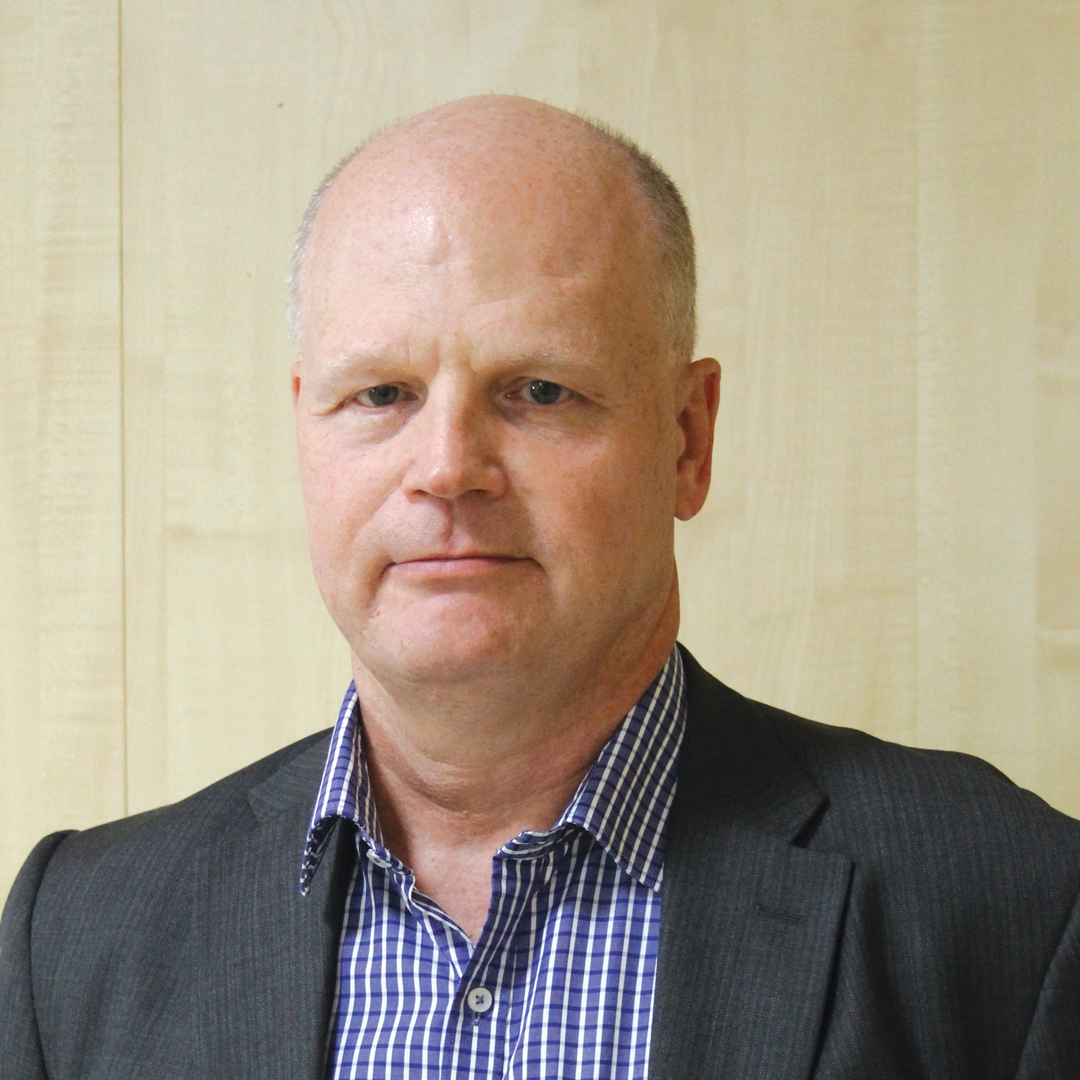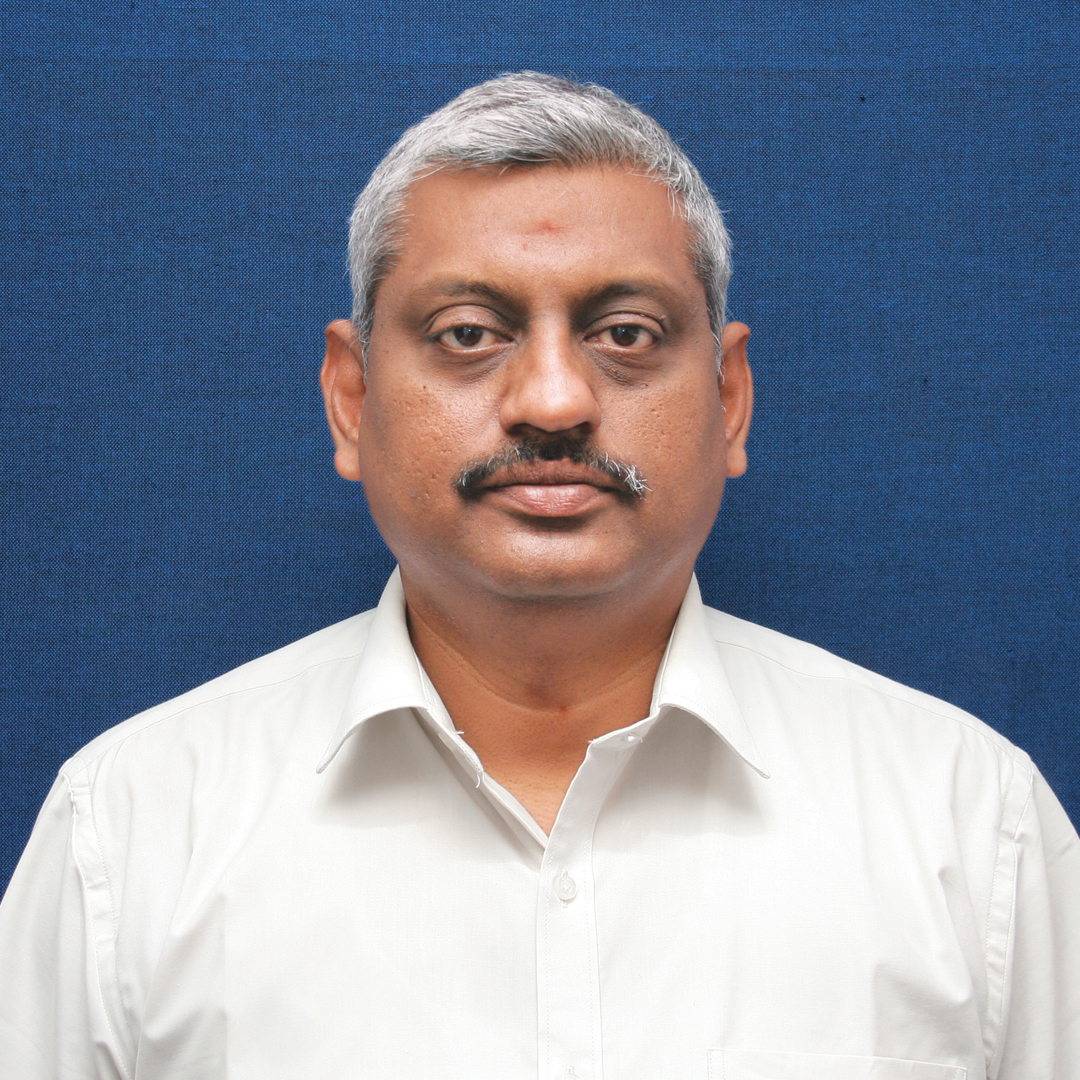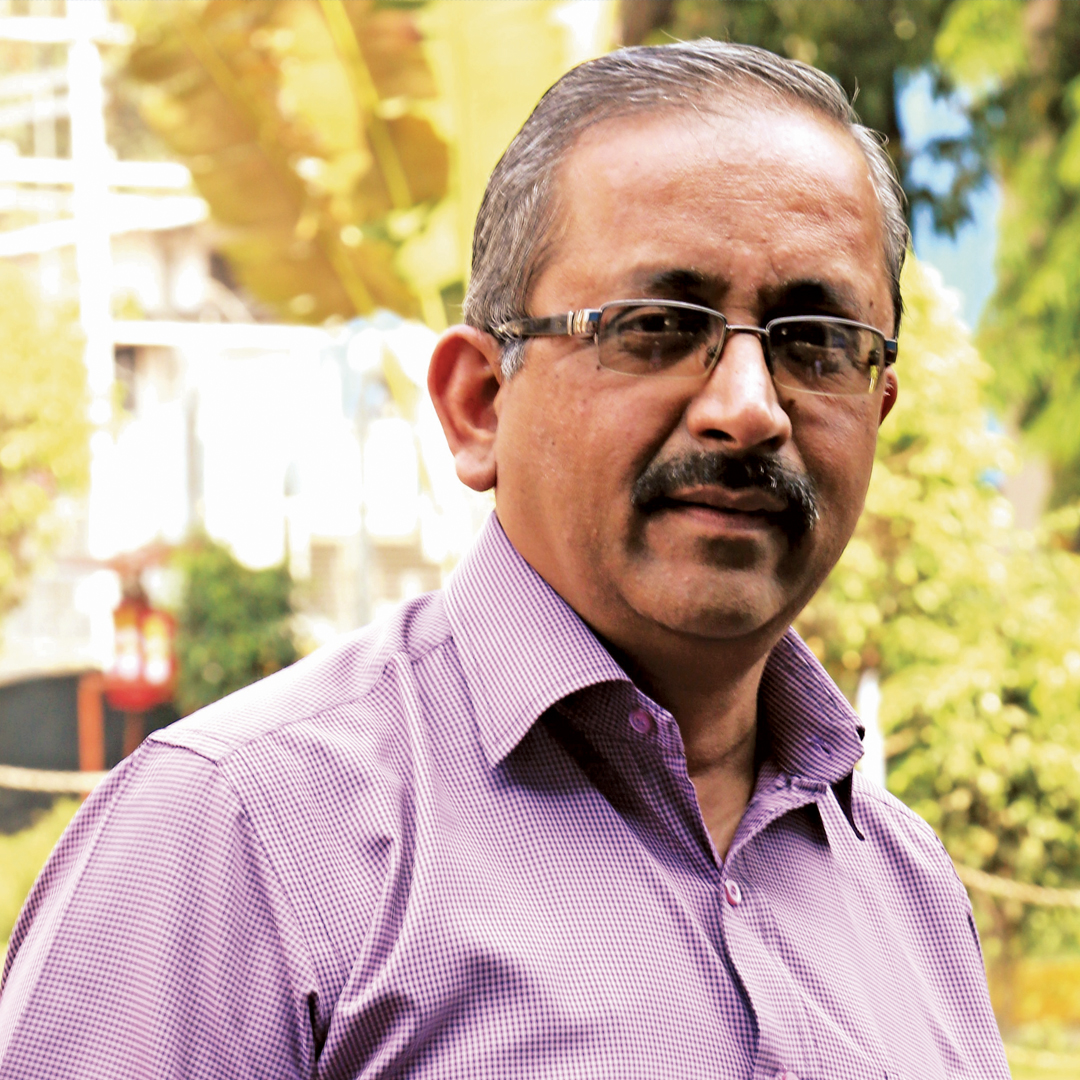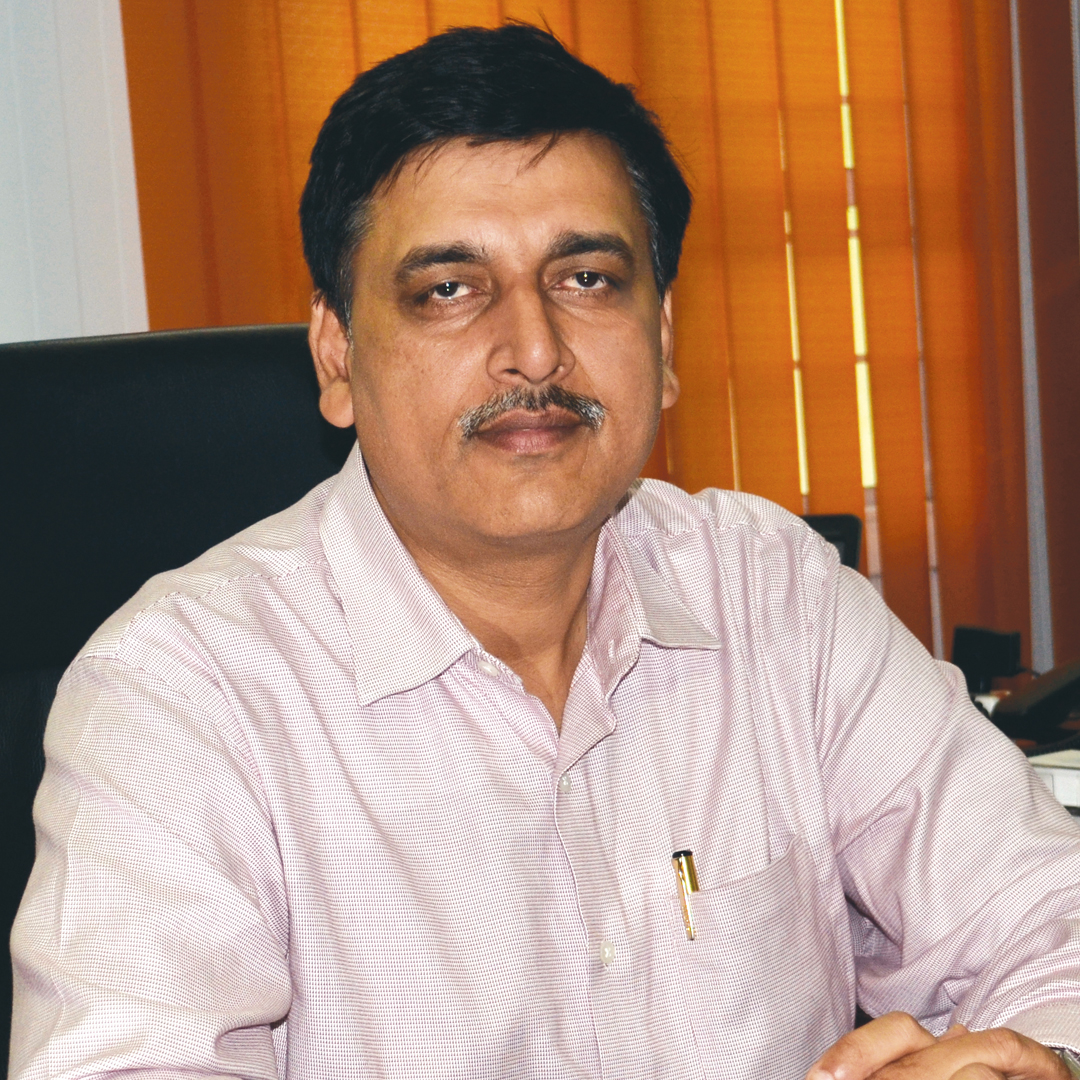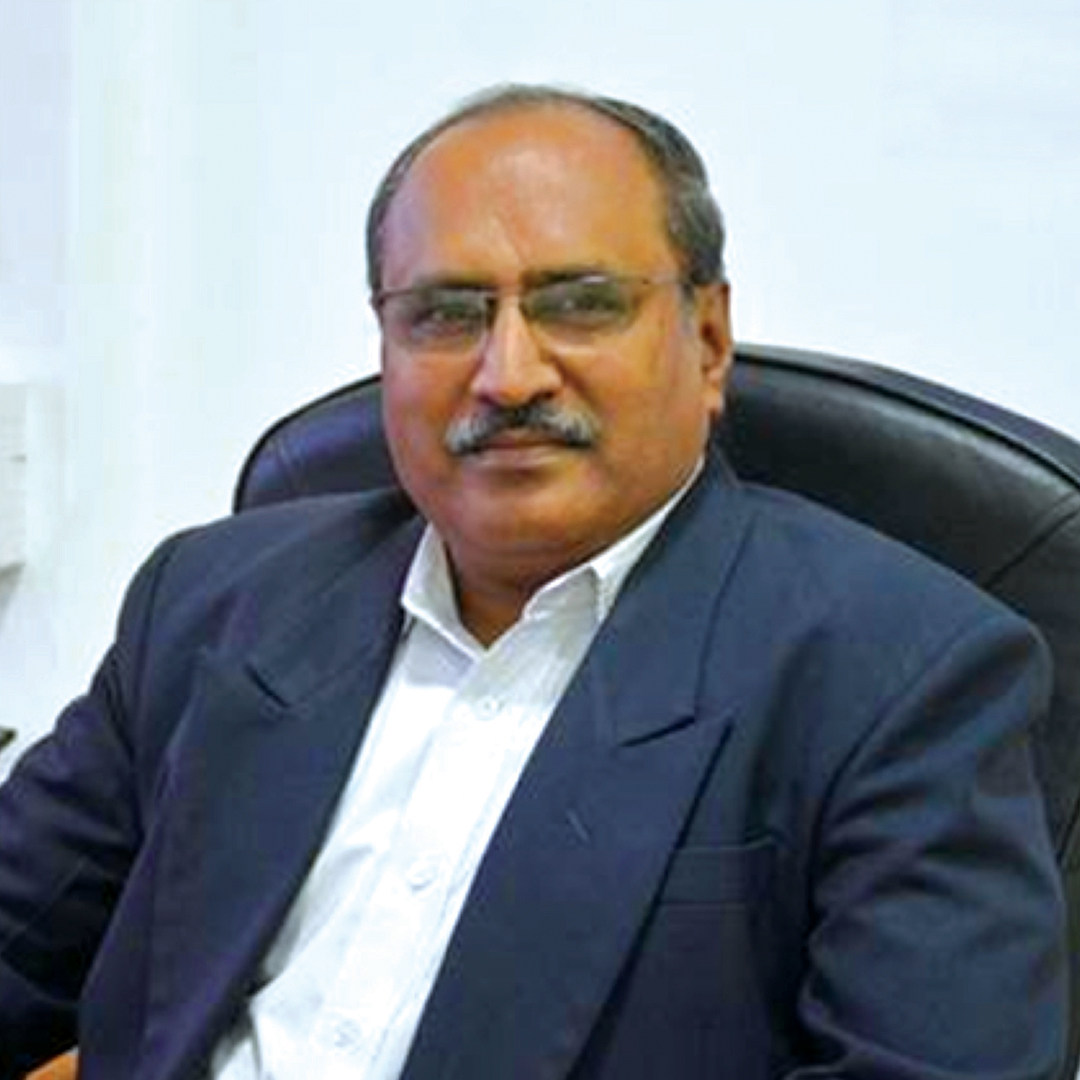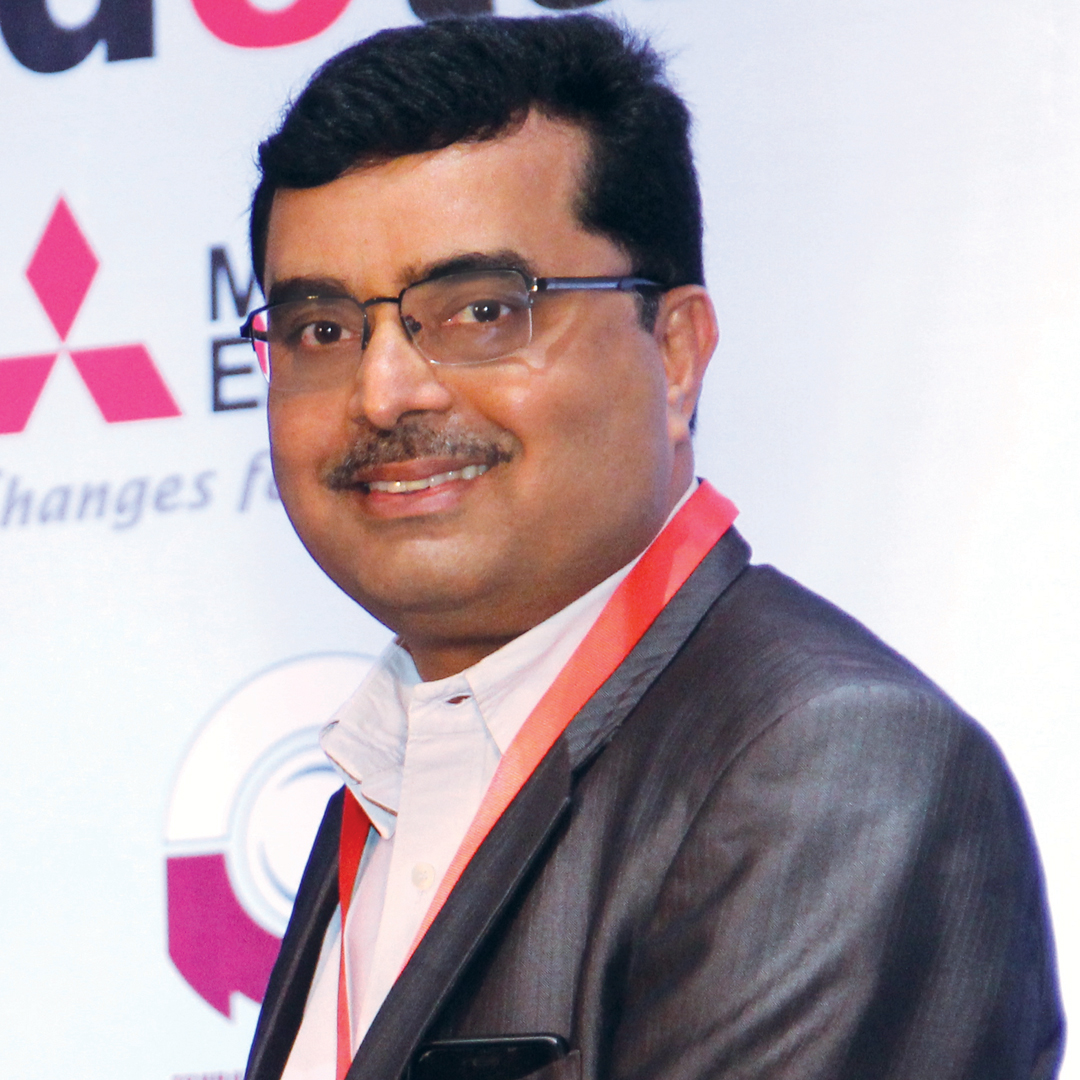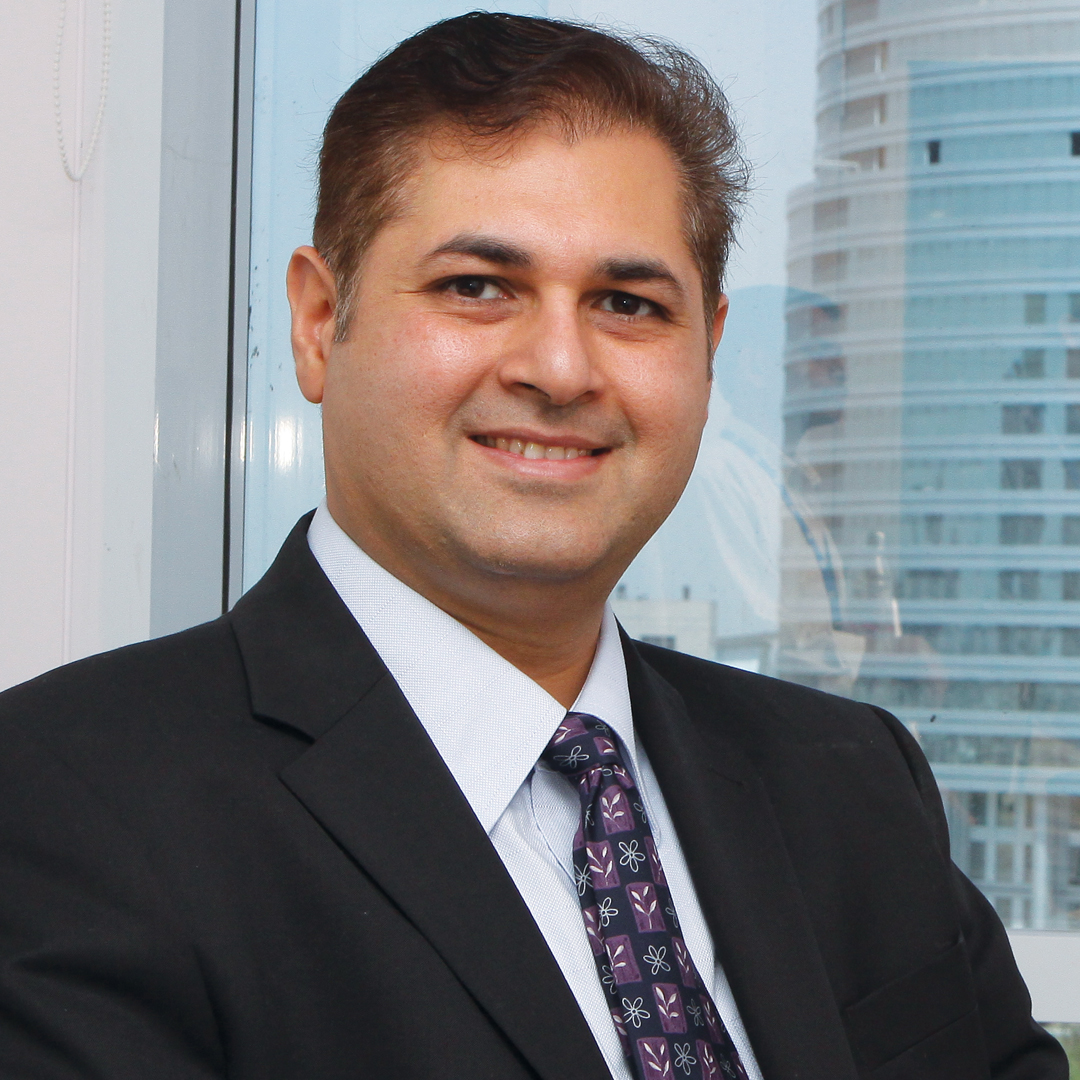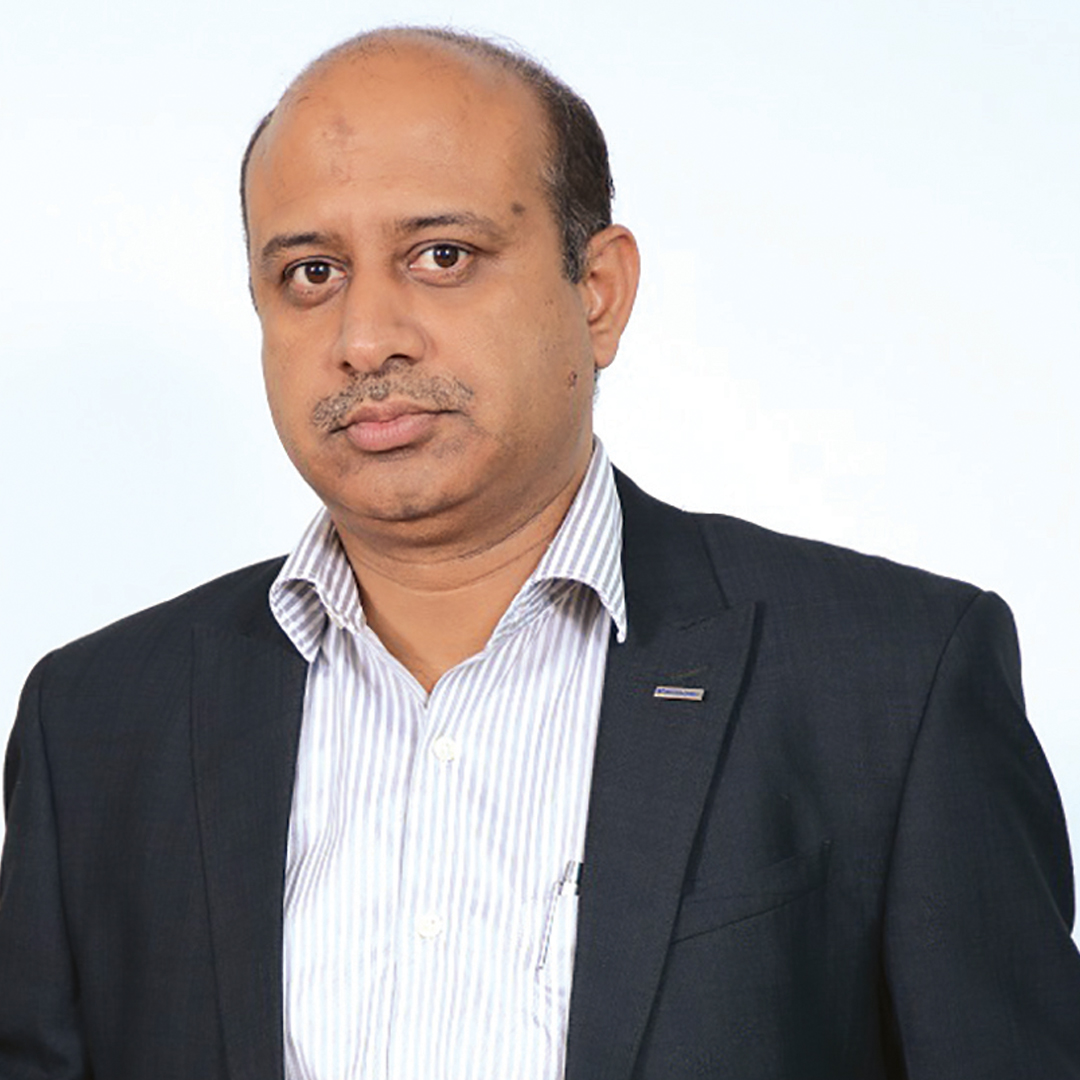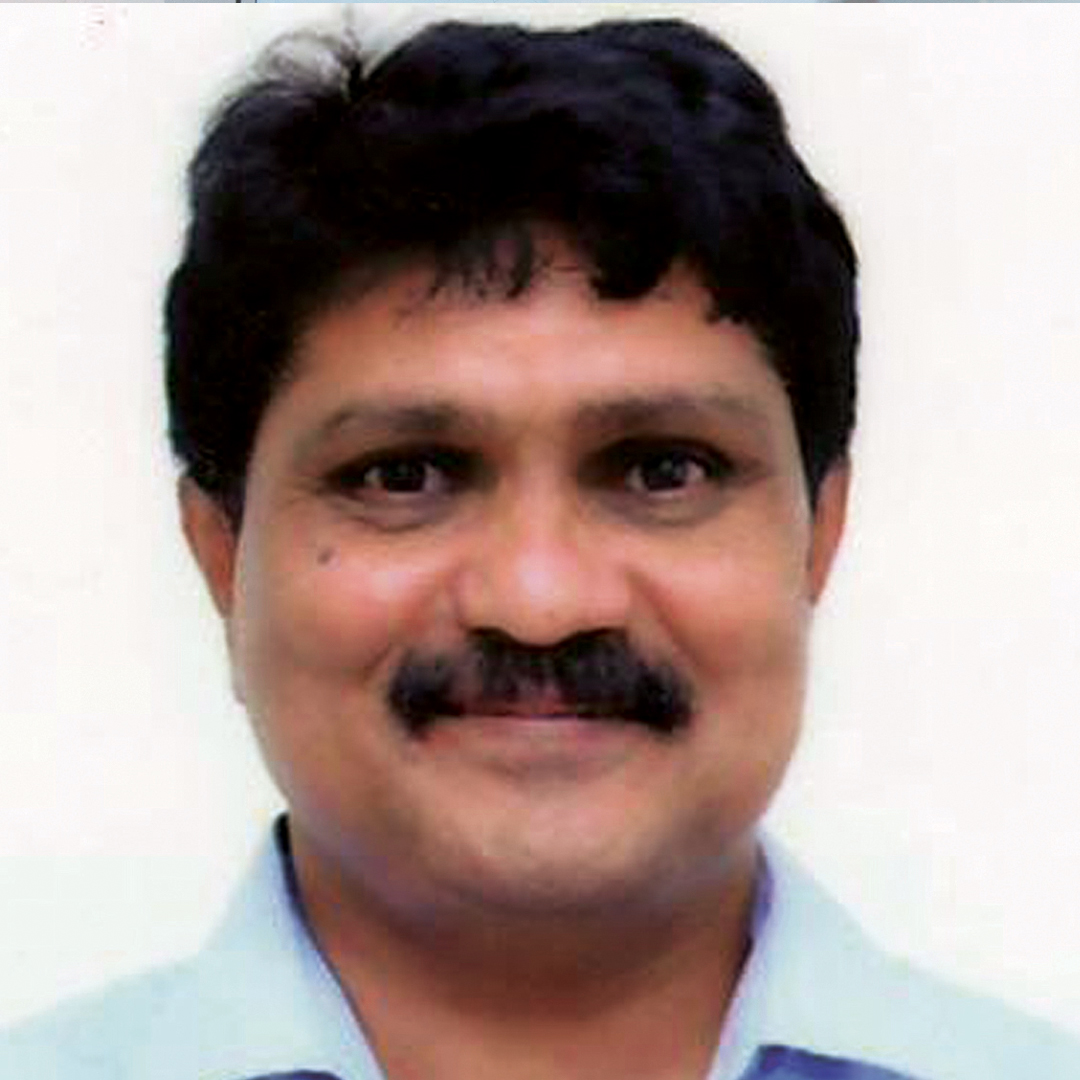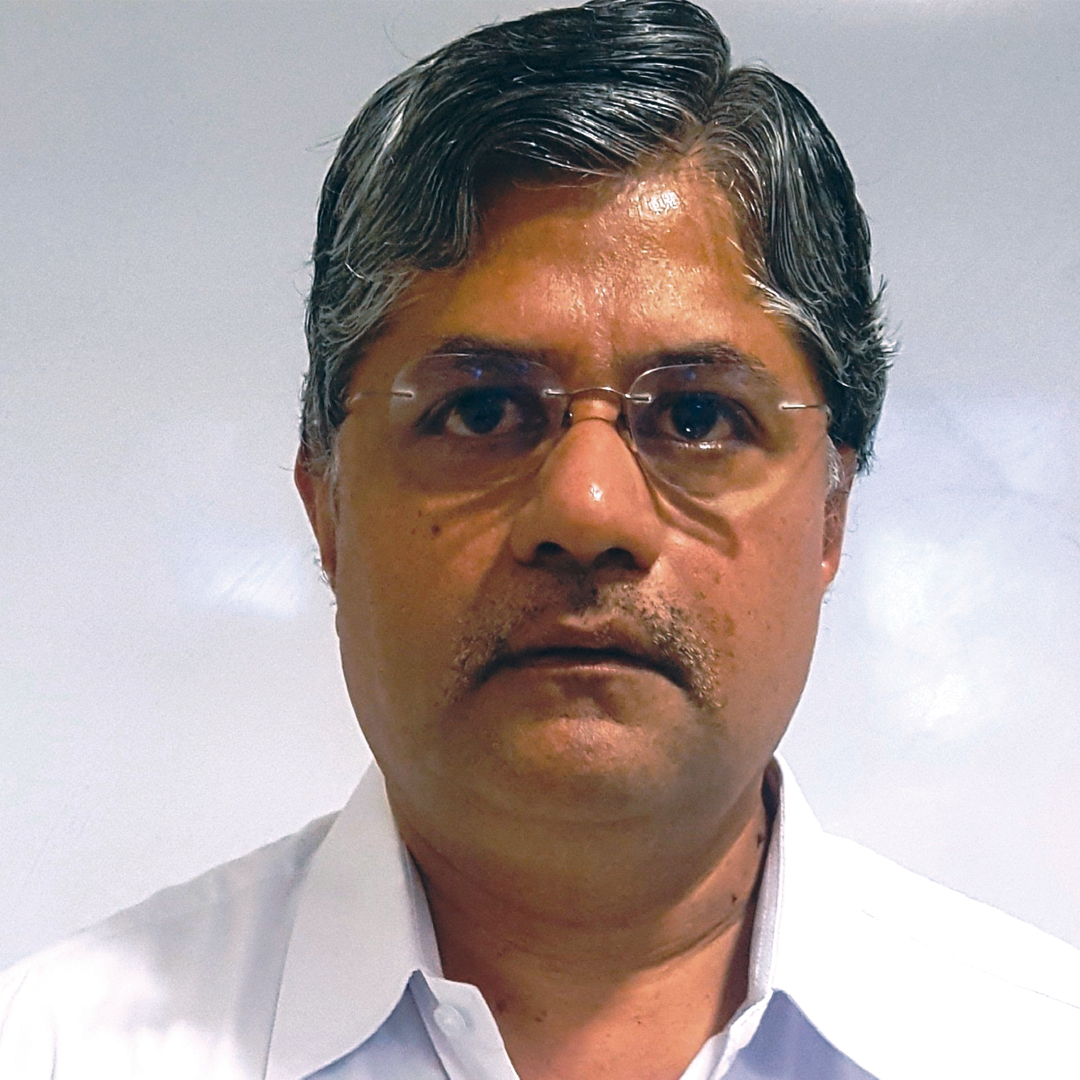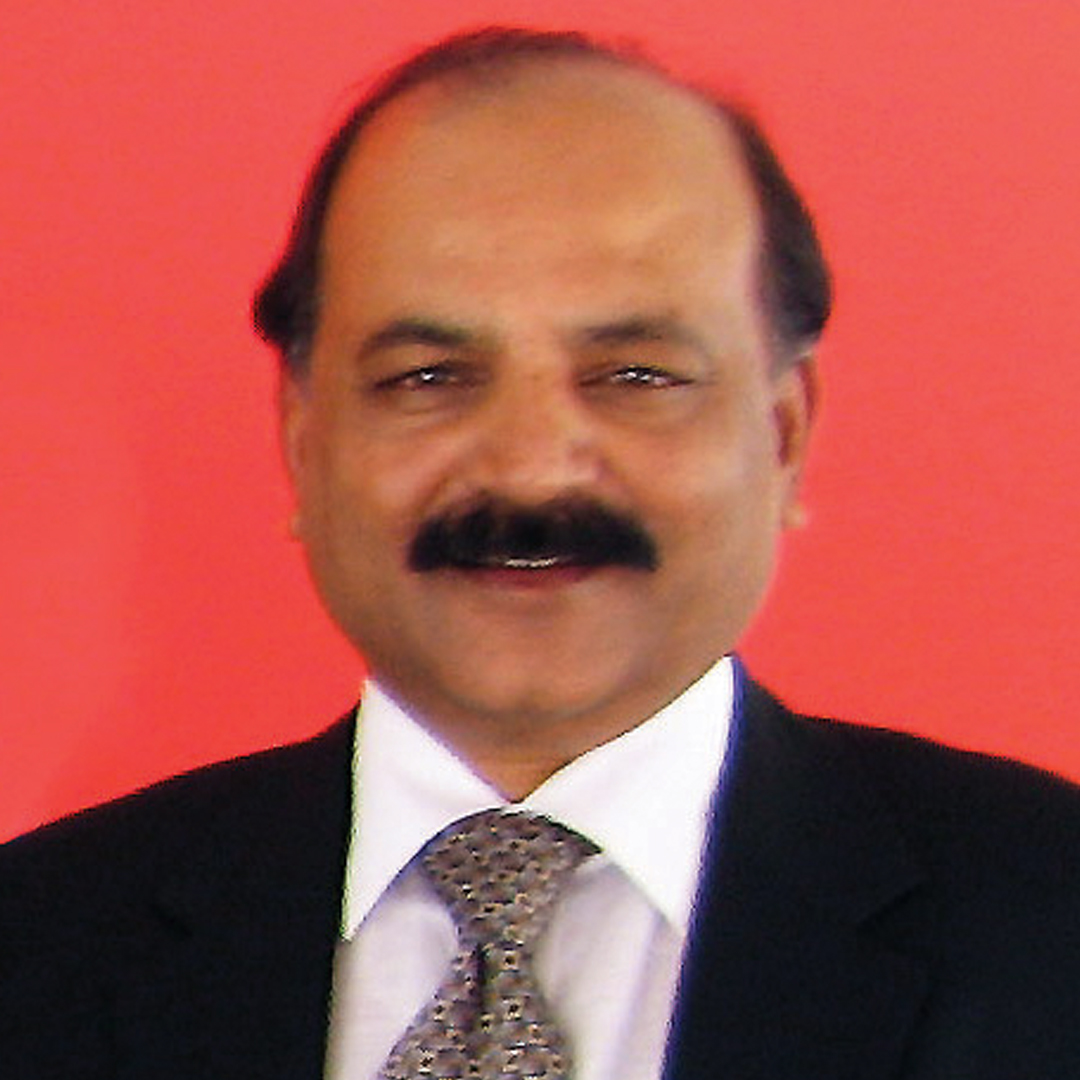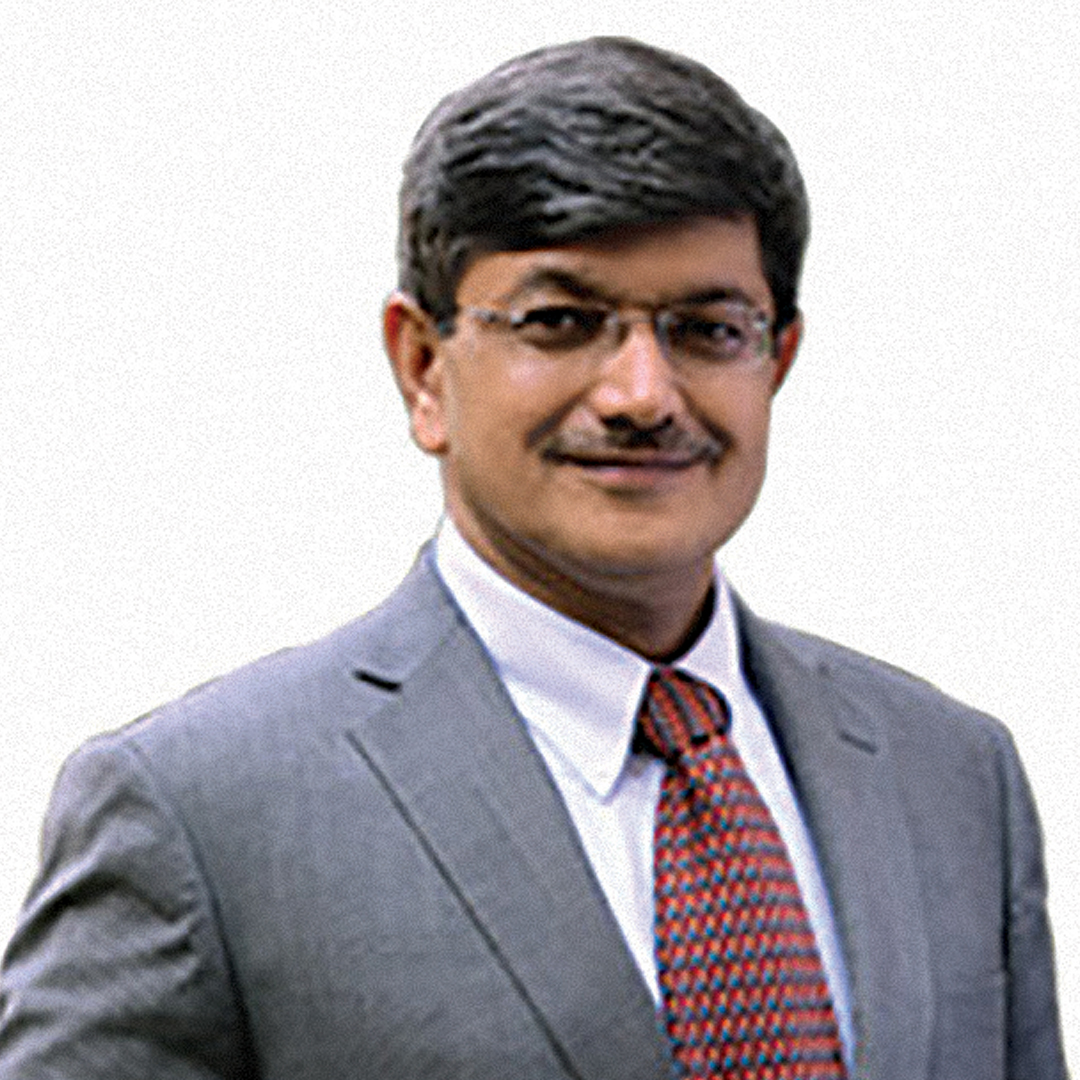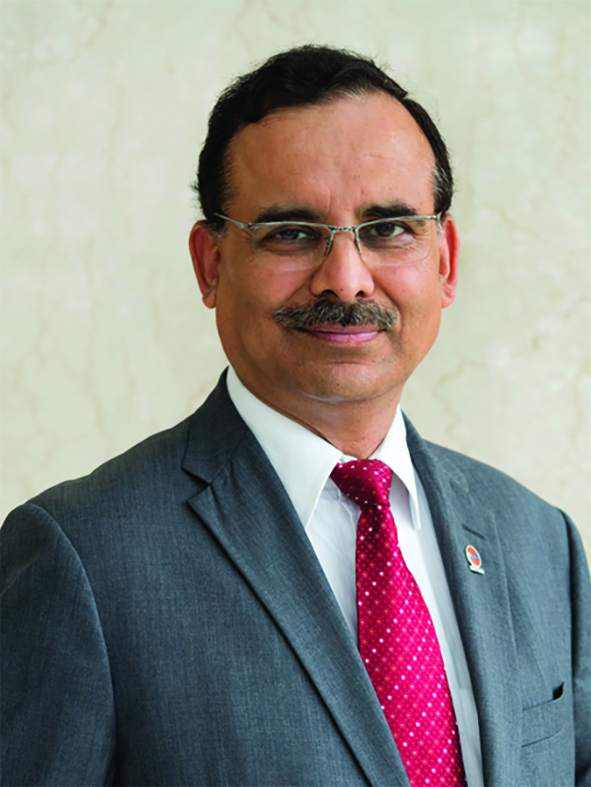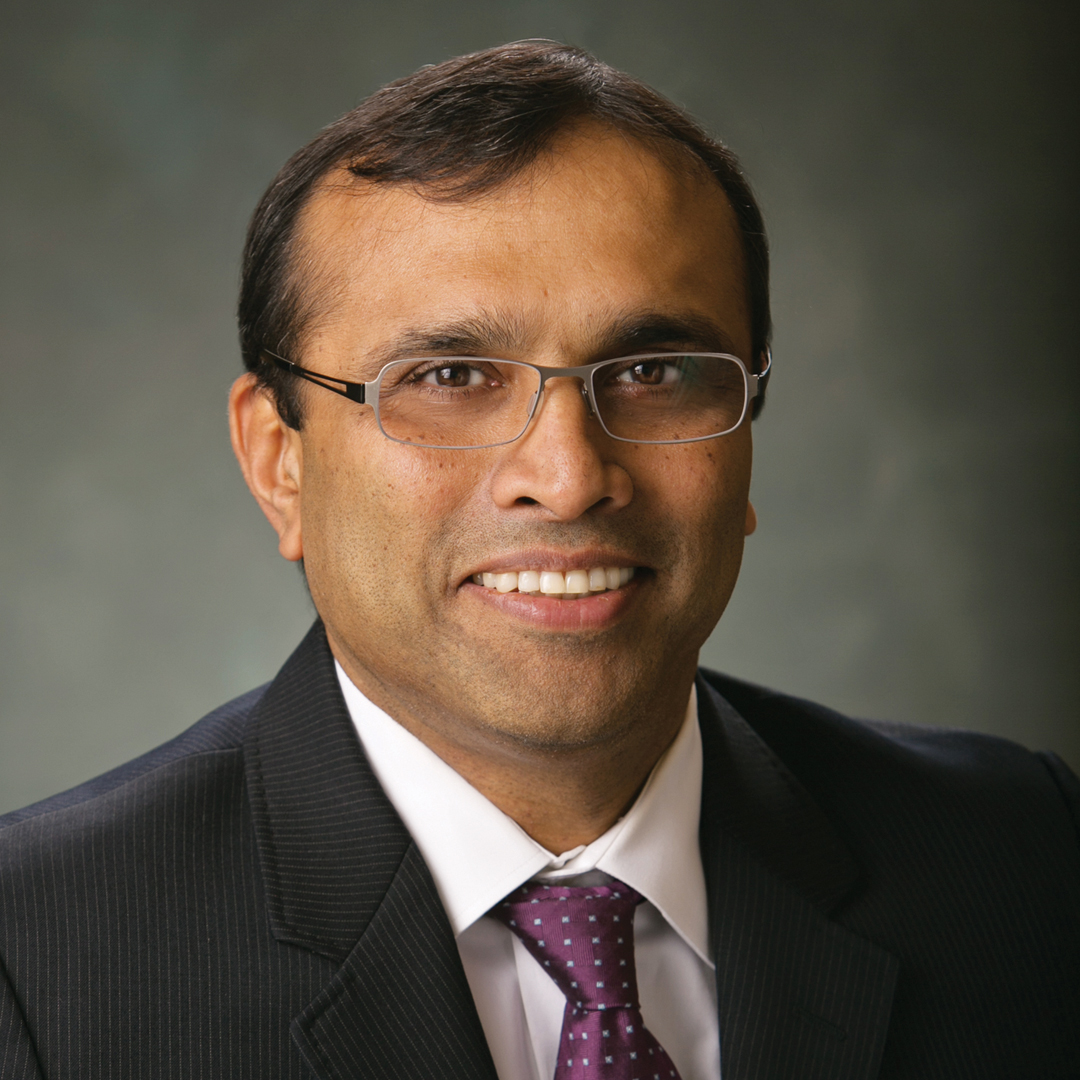JWS Cement

For JSW Cement, the challenge in the building construction industry is striking a balance between the two pressing needs of human society, that is, meeting the consequential needs of a growing population, urbanisation & industrialisation, and protecting the environment. JSW Cement’s endeavour is to make products that are environment-friendly and use materials that are durable, which can protect the environment by limiting the exploitation of natural resources, reduce the amount of energy consumed in the mining of natural resources, reduce carbon footprint, global warming and focus on sustainable development.
At its Nandyal Works plant, the company has a state-of-the-art technology cement production unit near Kurnool District, Andhra Pradesh. The core objective of the plant is to utilise all the Blast Furnace (BF) slag generated. The plant is notably environment friendly and also one of the most energy-efficient cement plants in India. By using Blast Furnace slag as raw material, the plant has reduced its consumption of limestone, a natural resource. The Vijayanagar Works plant comprises two manufacturing units within the JSW Group’s sprawling 150-acre campus. Located next to the JSW Steel complex, the two units receive an abundant supply of slag from the steel mill. A significant quantity of cement produced at Vijayanagar works is consumed in the continuous expansive construction work within the JSW complex. The rest is marketed to the southern states of India. Similarly, its plant at Dolvi Works uses Japanese technology Vertical Roller Mill of 72TPH supplied by UBE Machinery Corporation. Energy consumption has been optimised with best quality output. The plant endeavours to produce cement the most environmental-friendly way. It has the best de-dusting and product recovery baghouse supplied by THERMAX, making it possible to eliminate dust and helps it achieve a high product yield.
